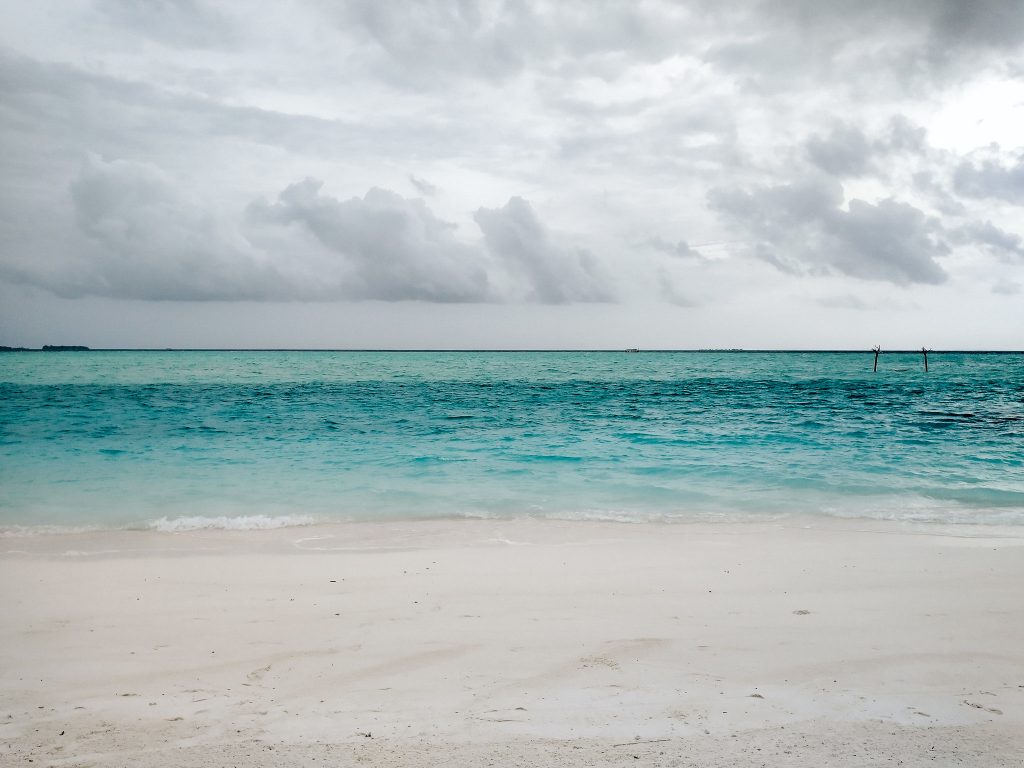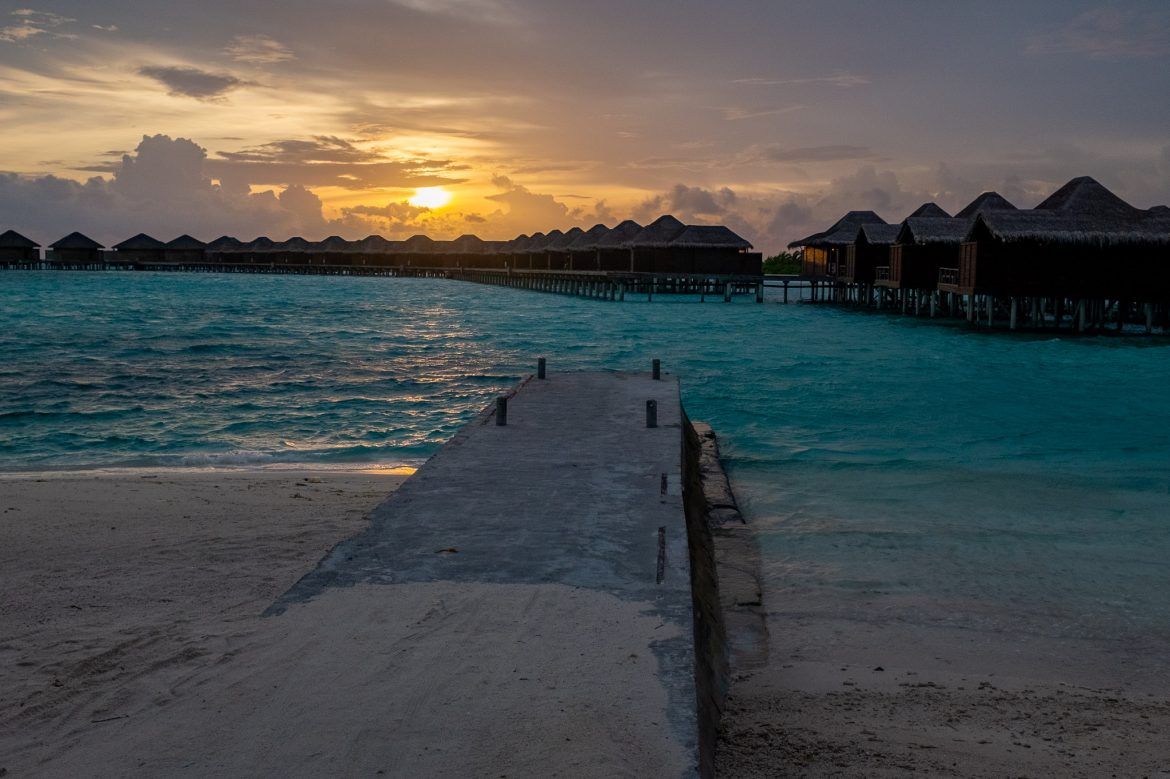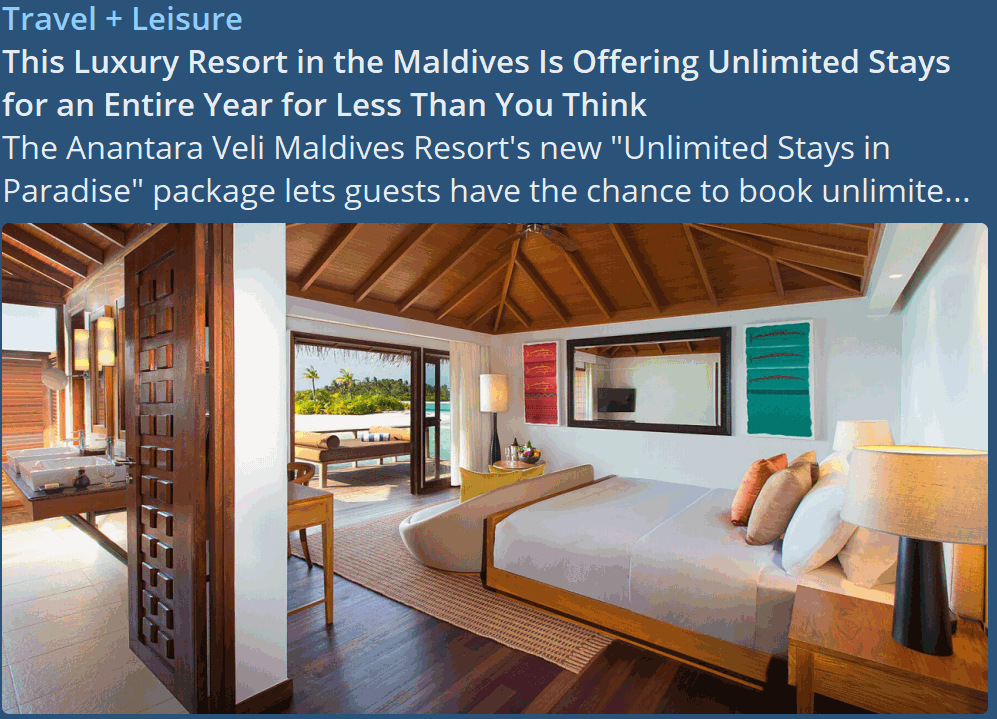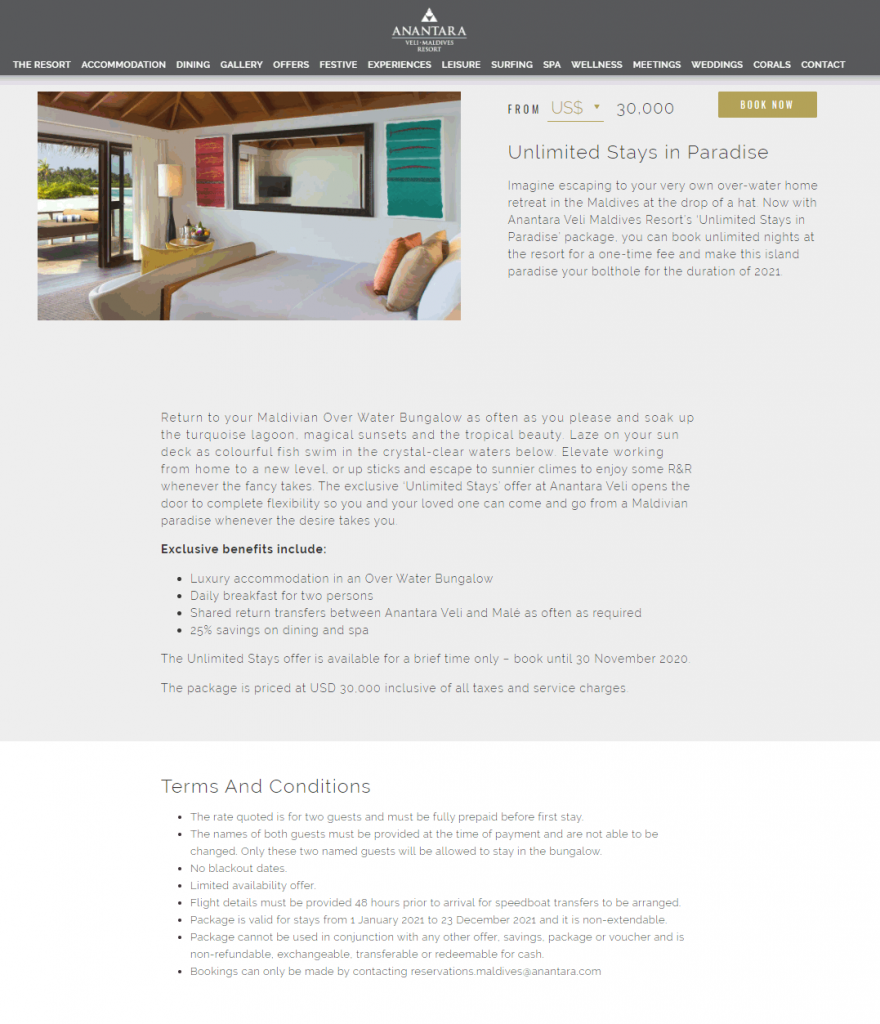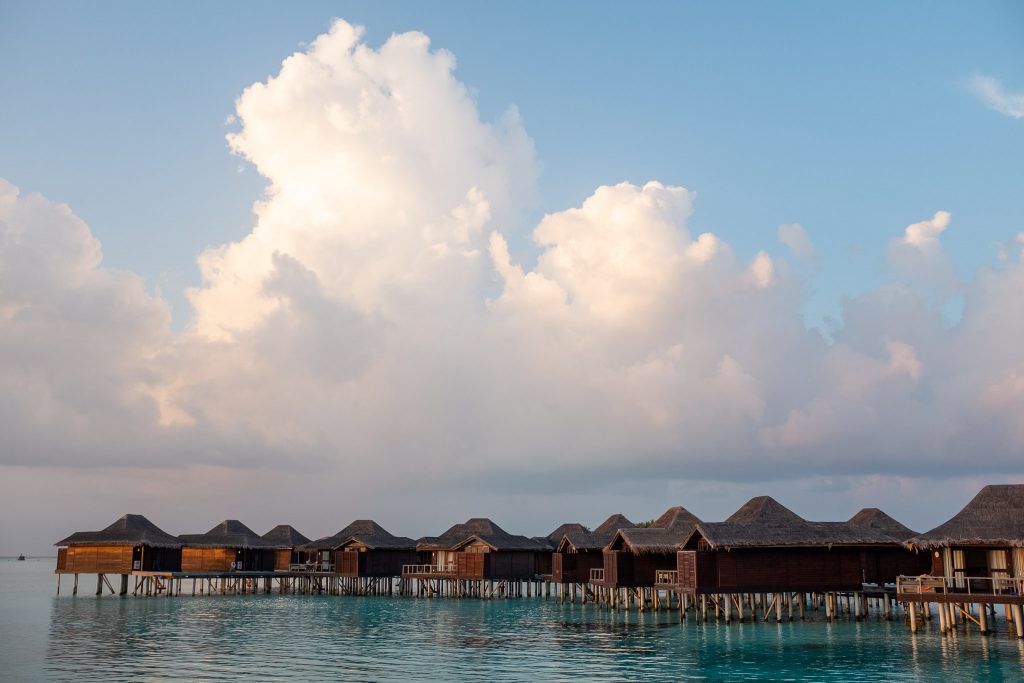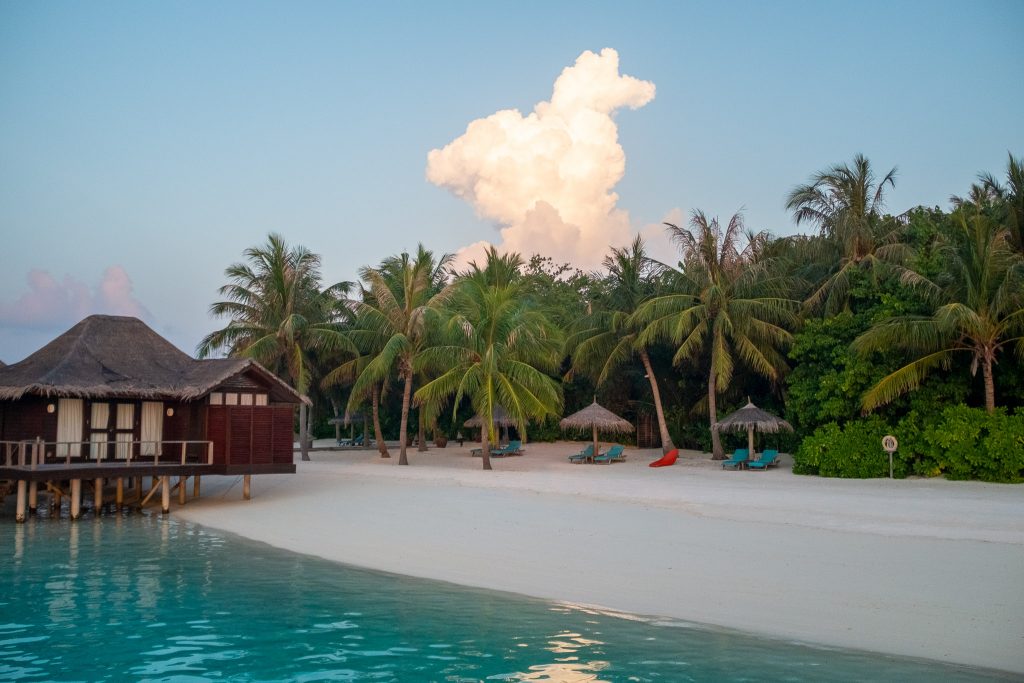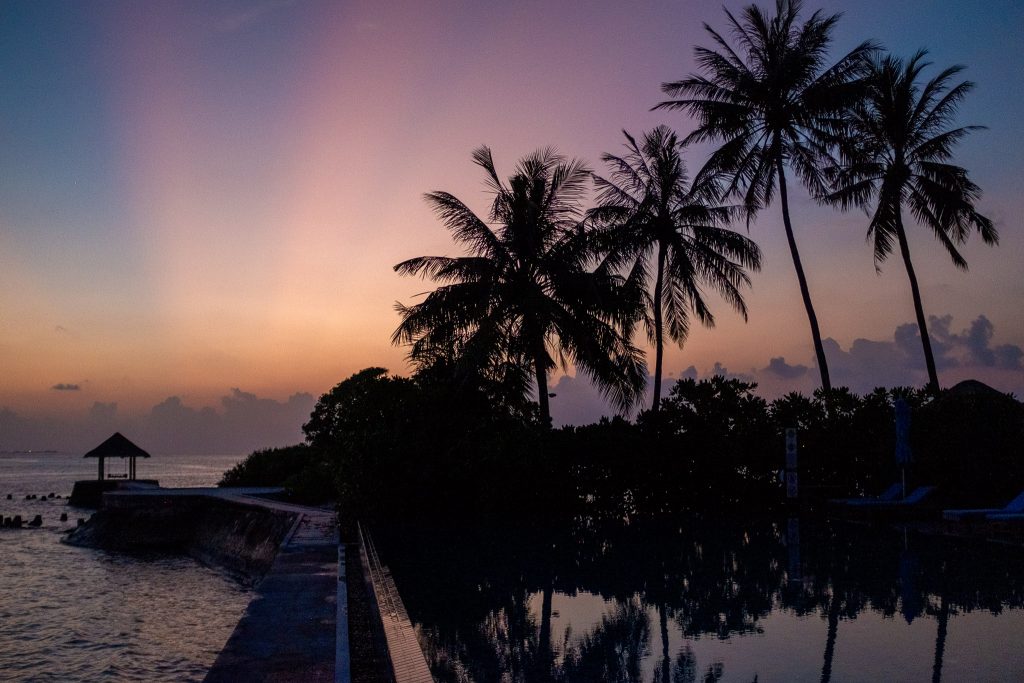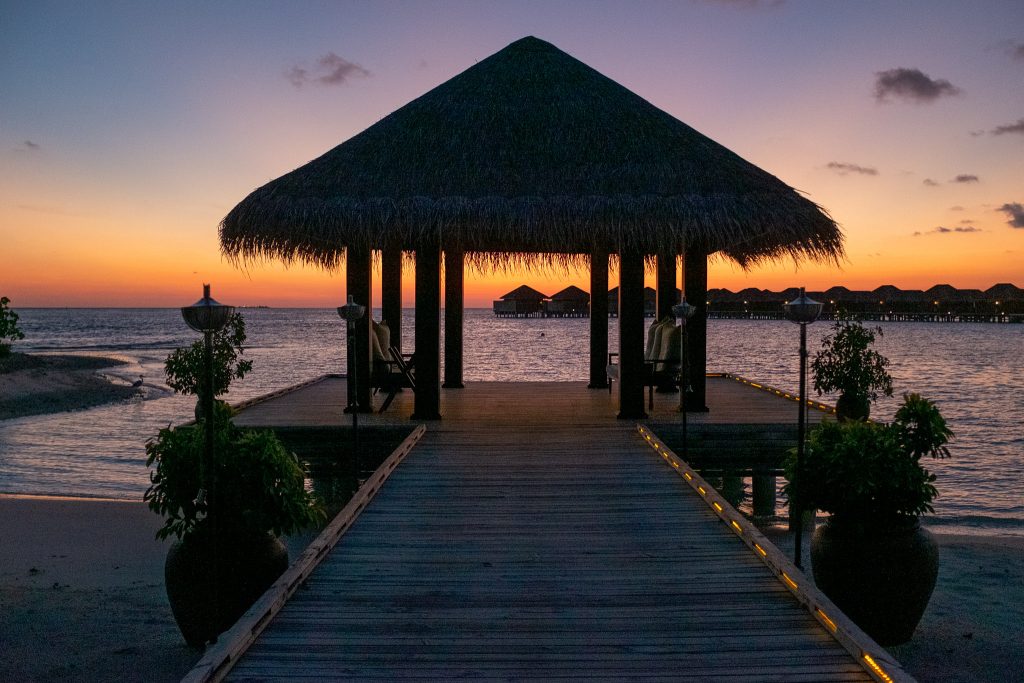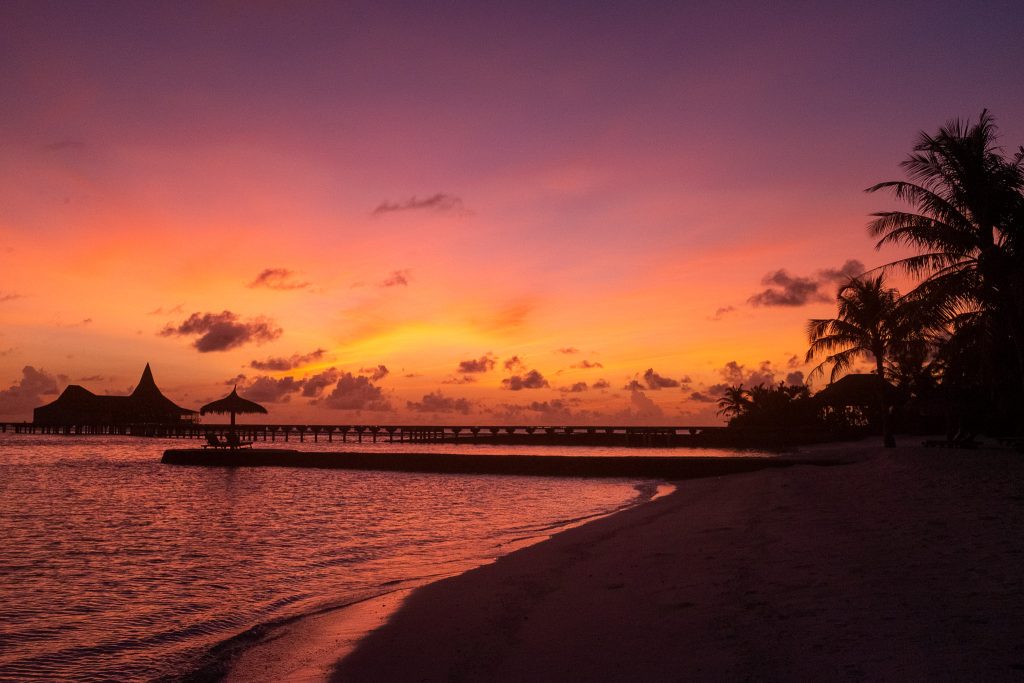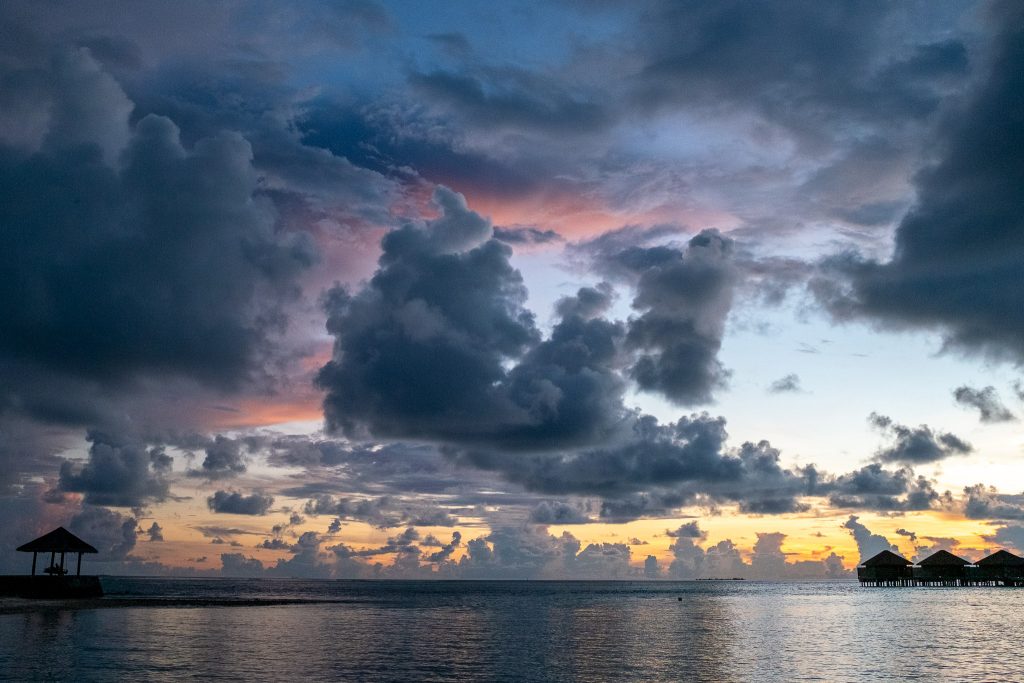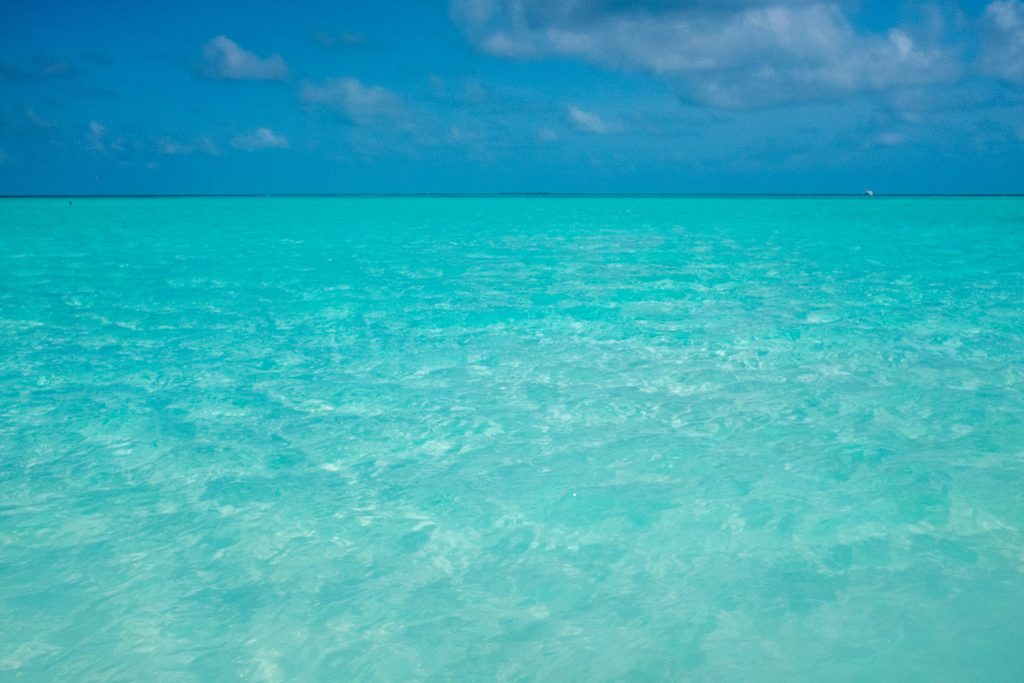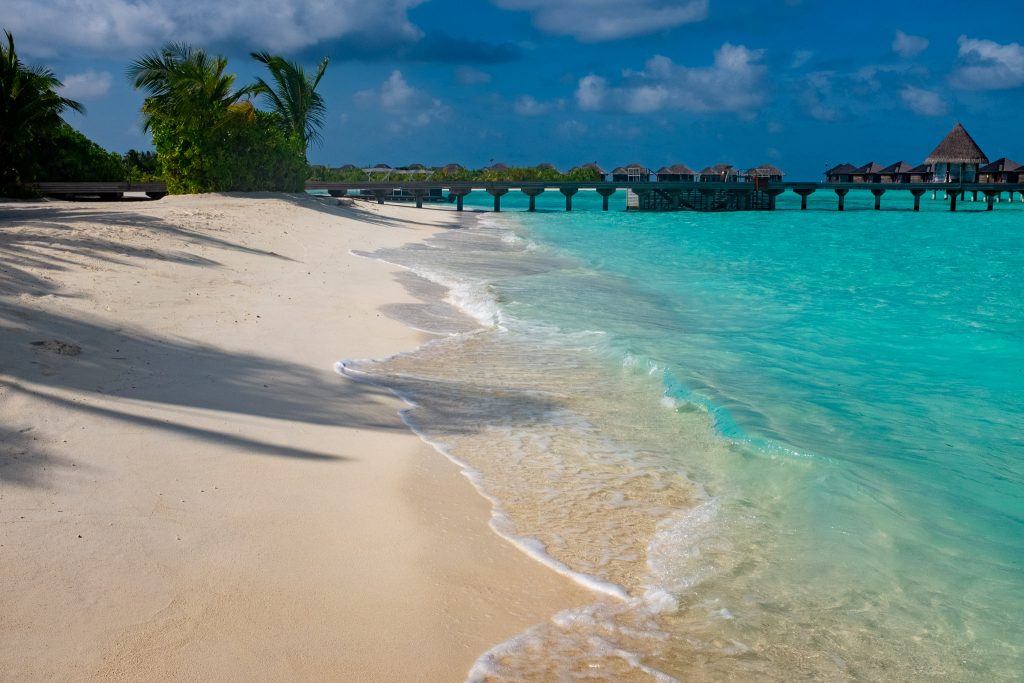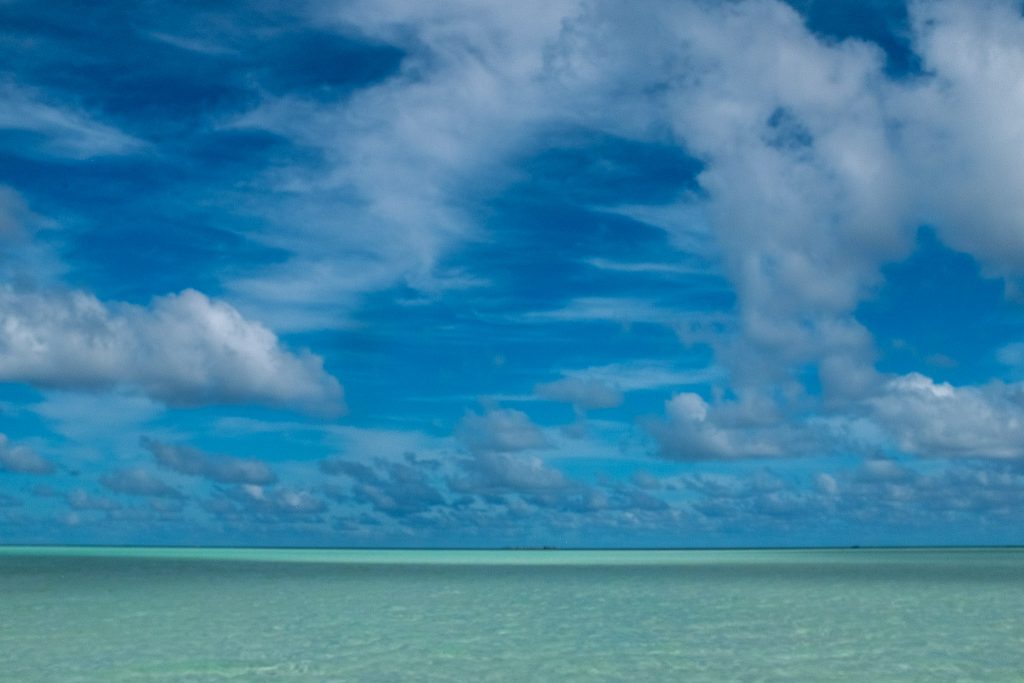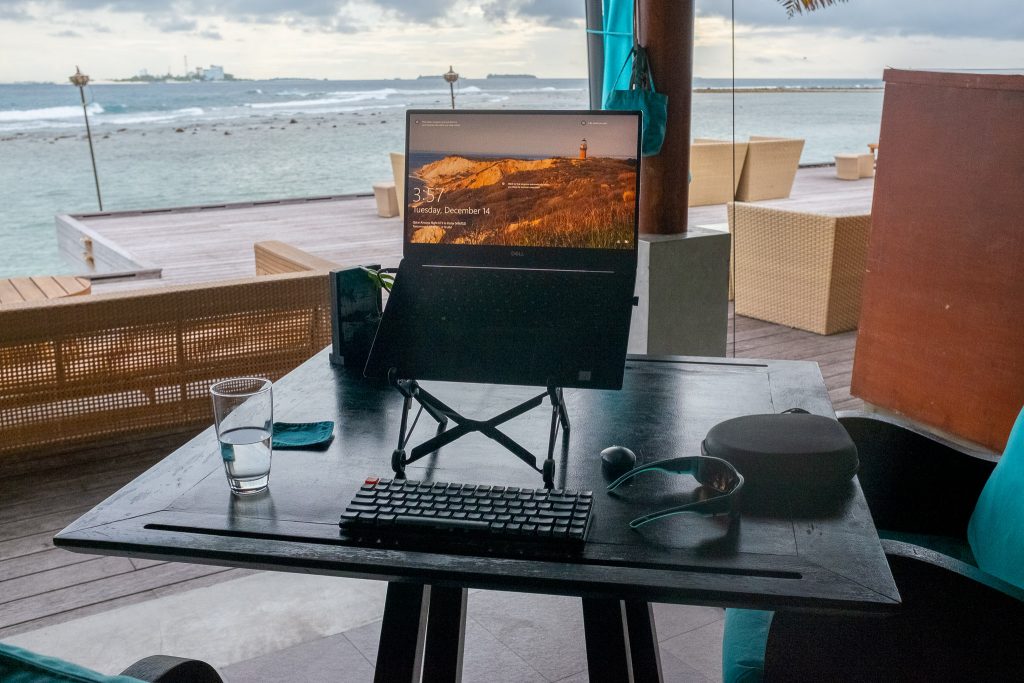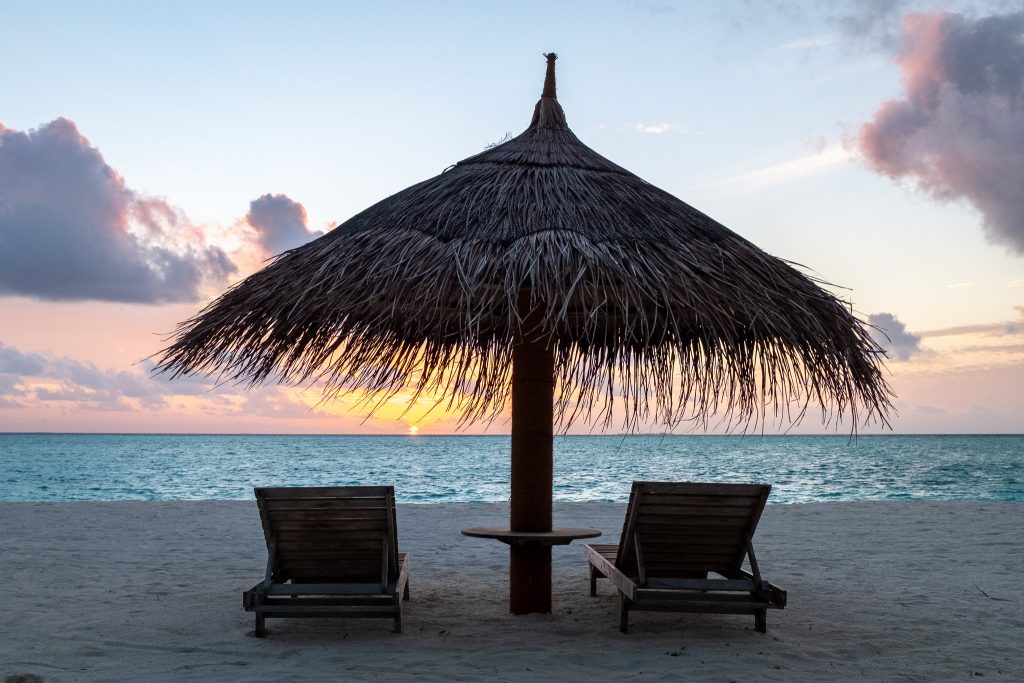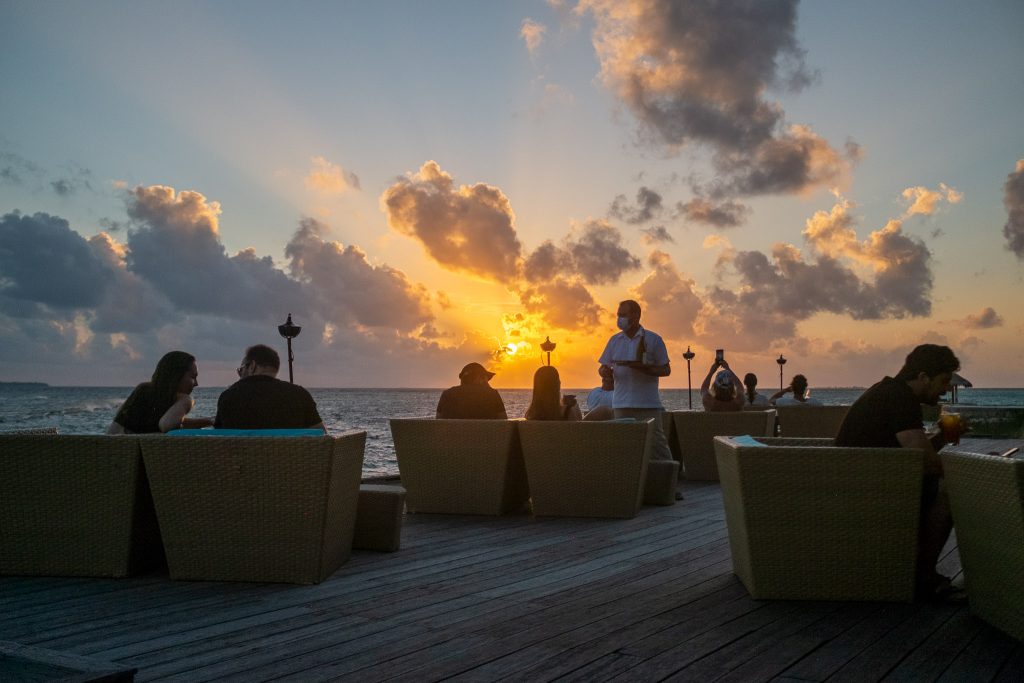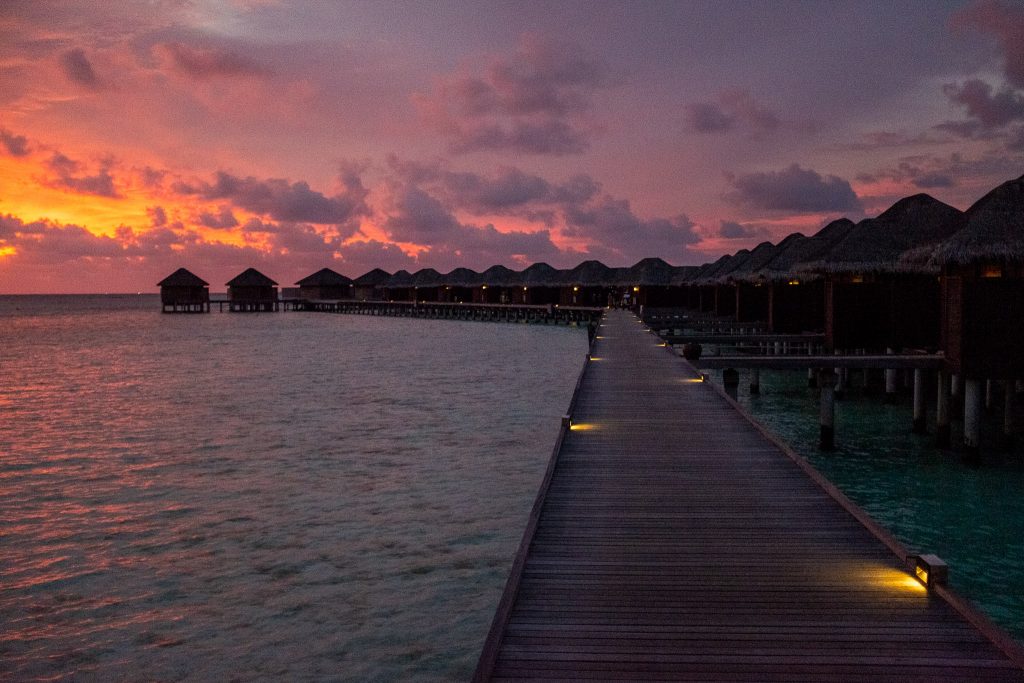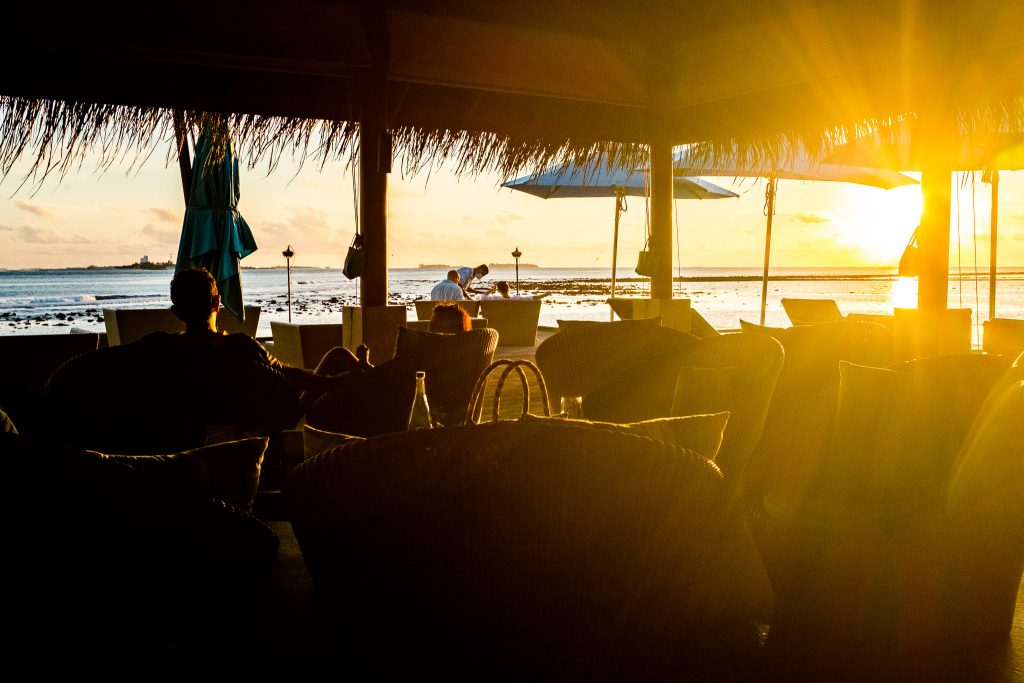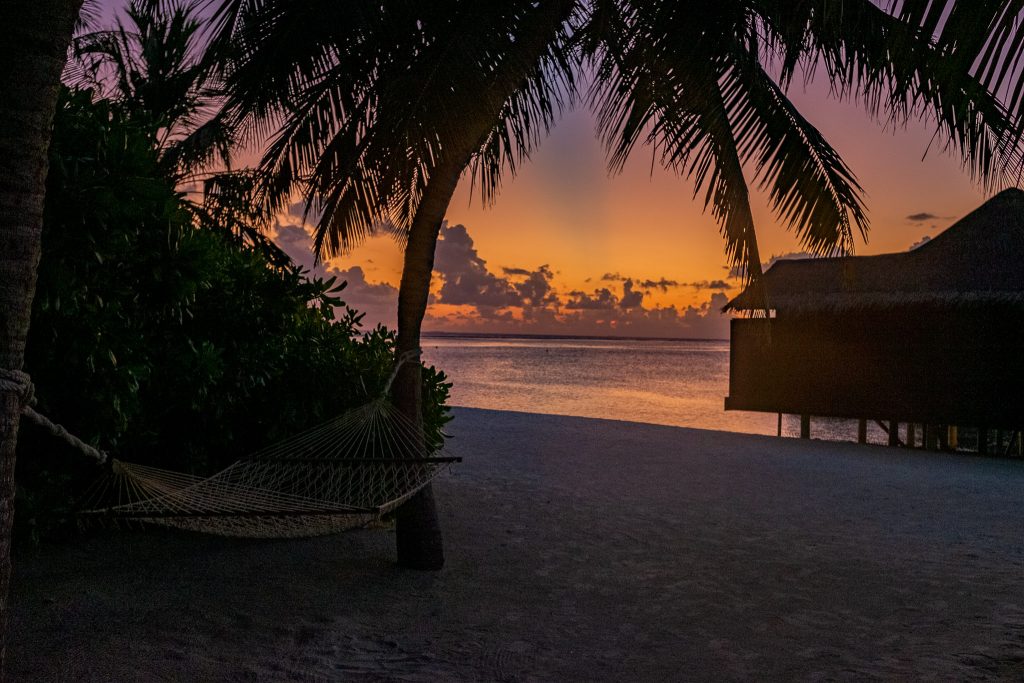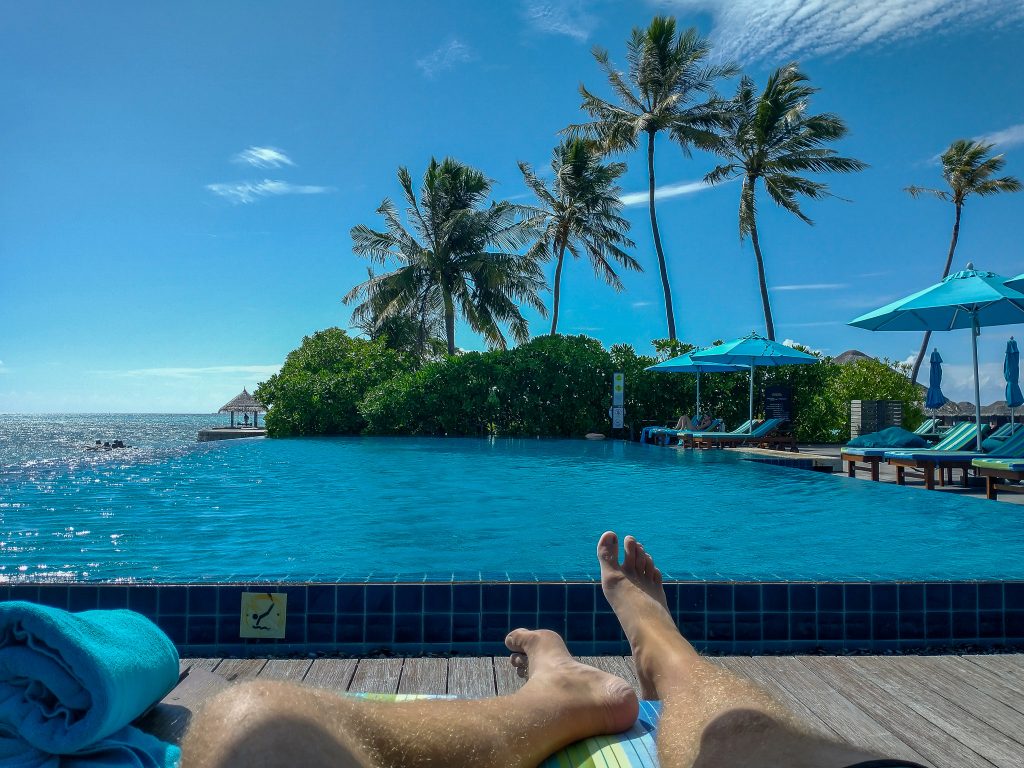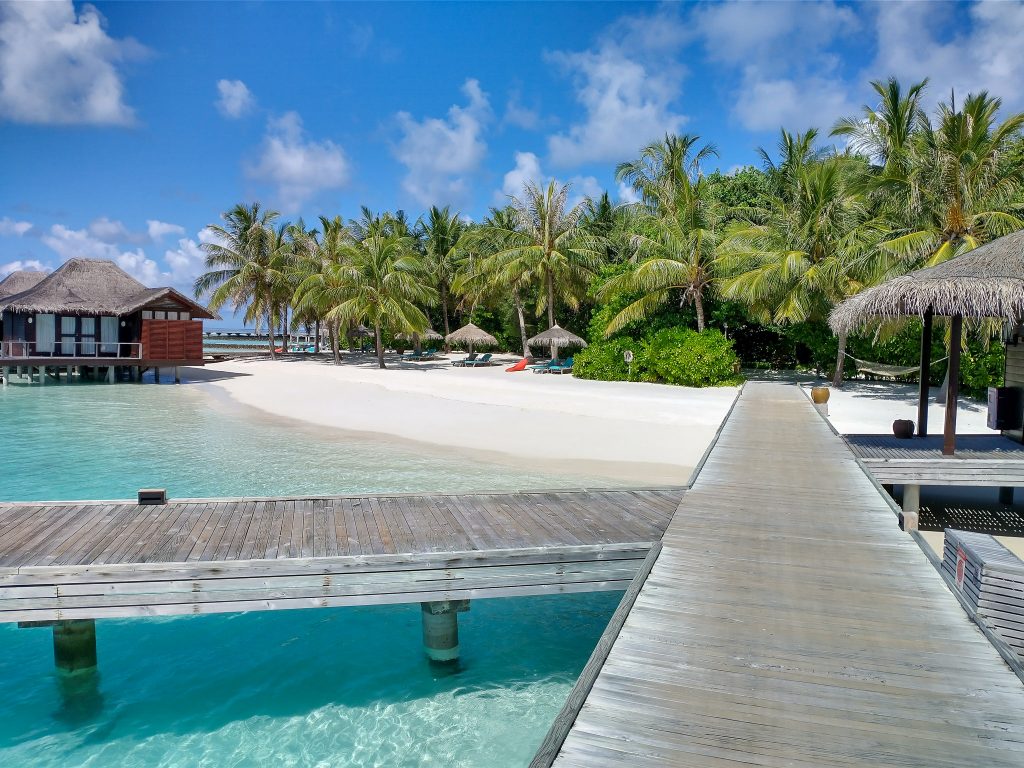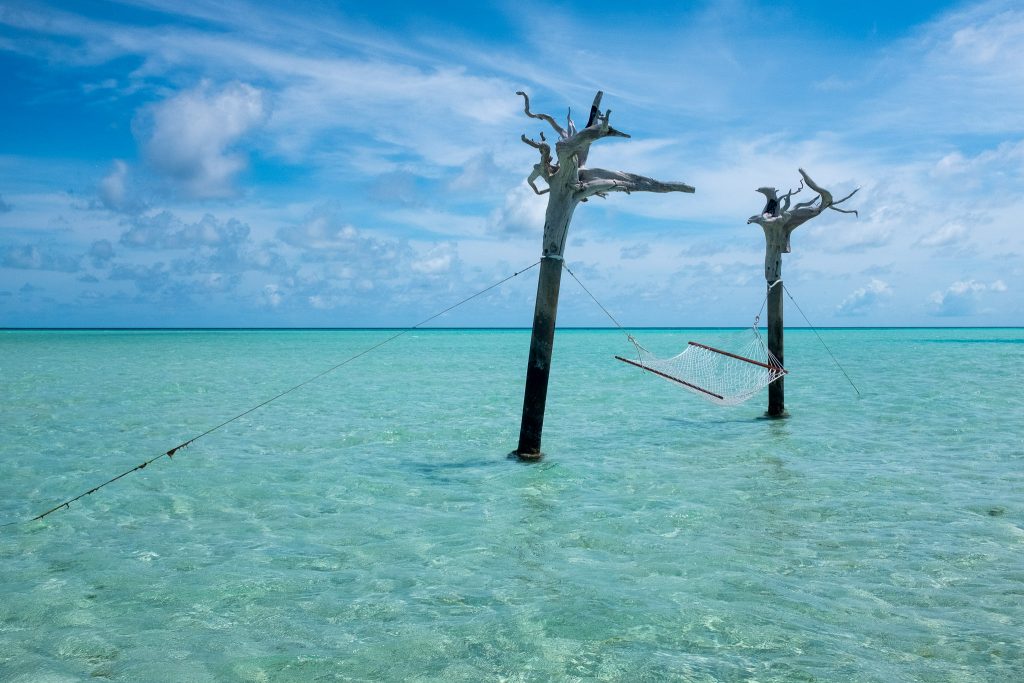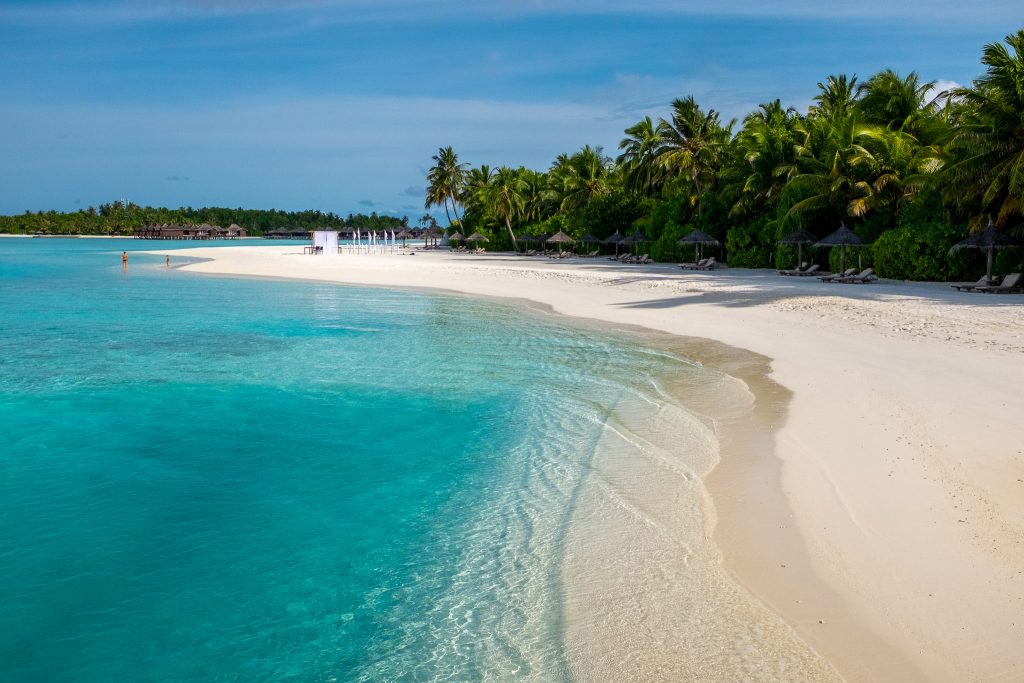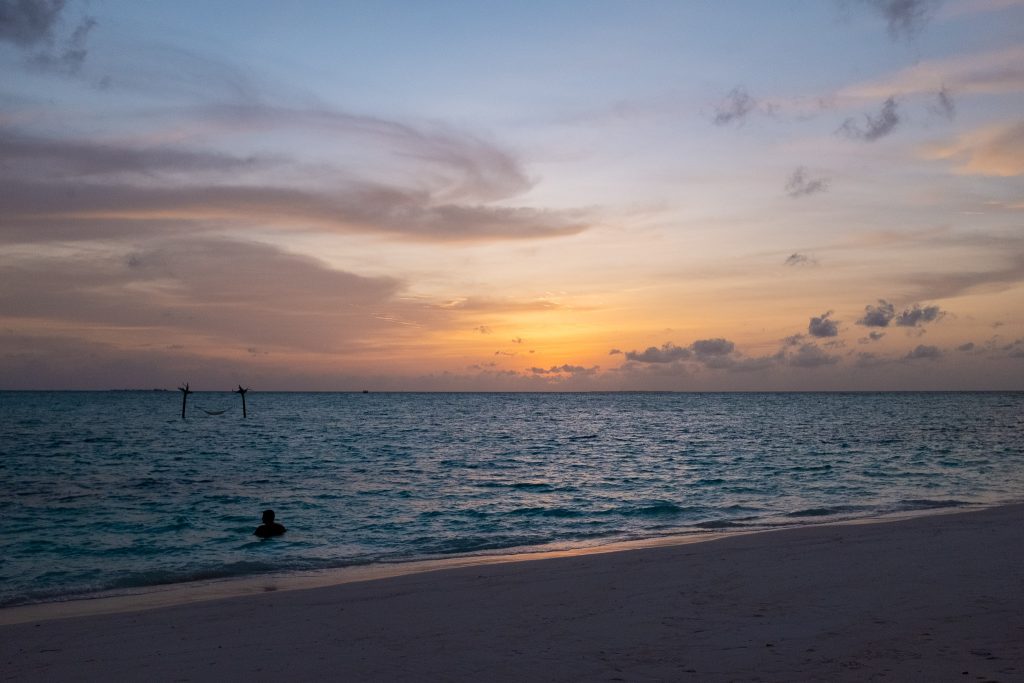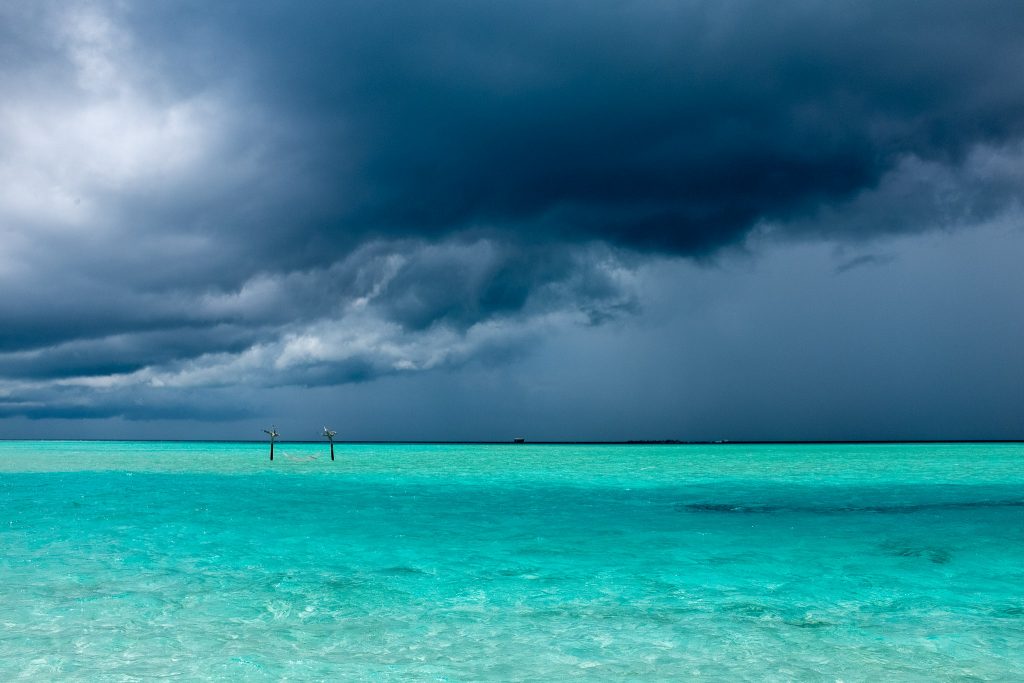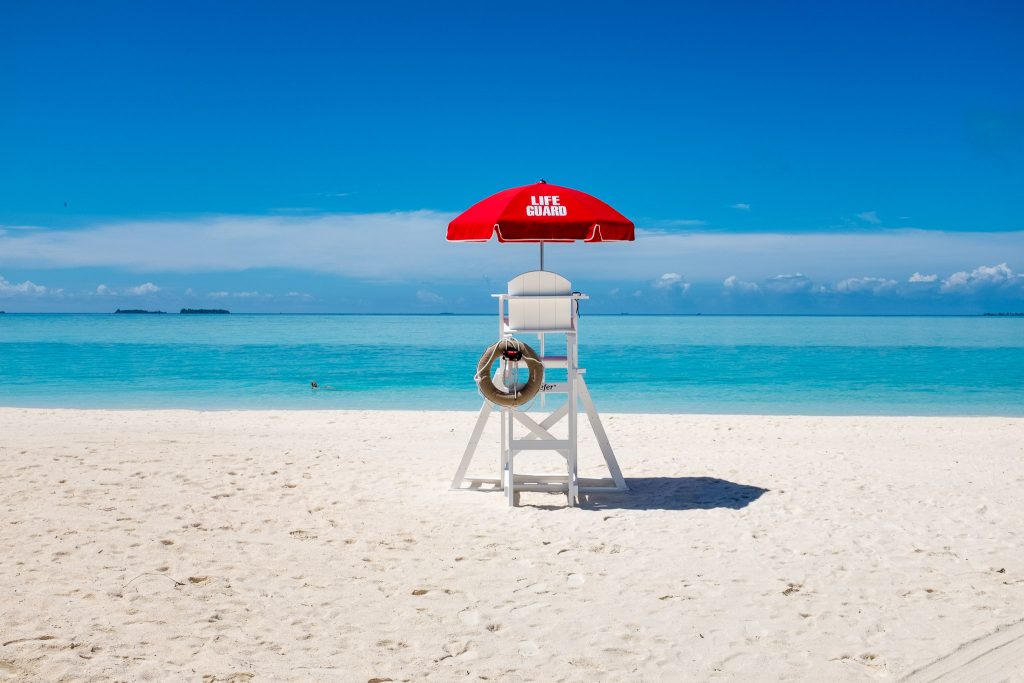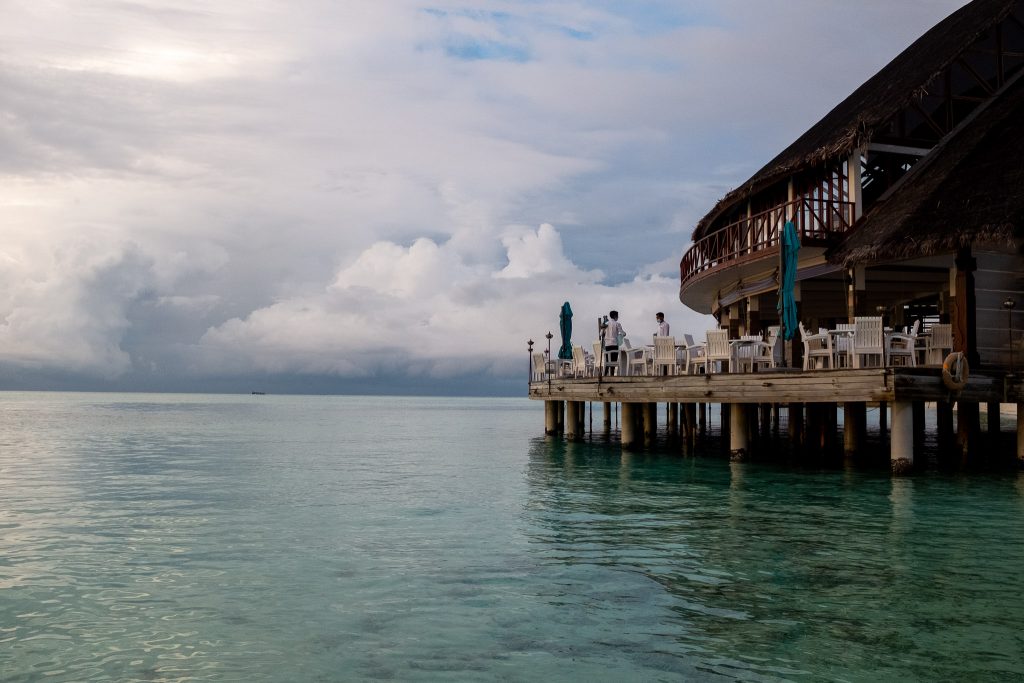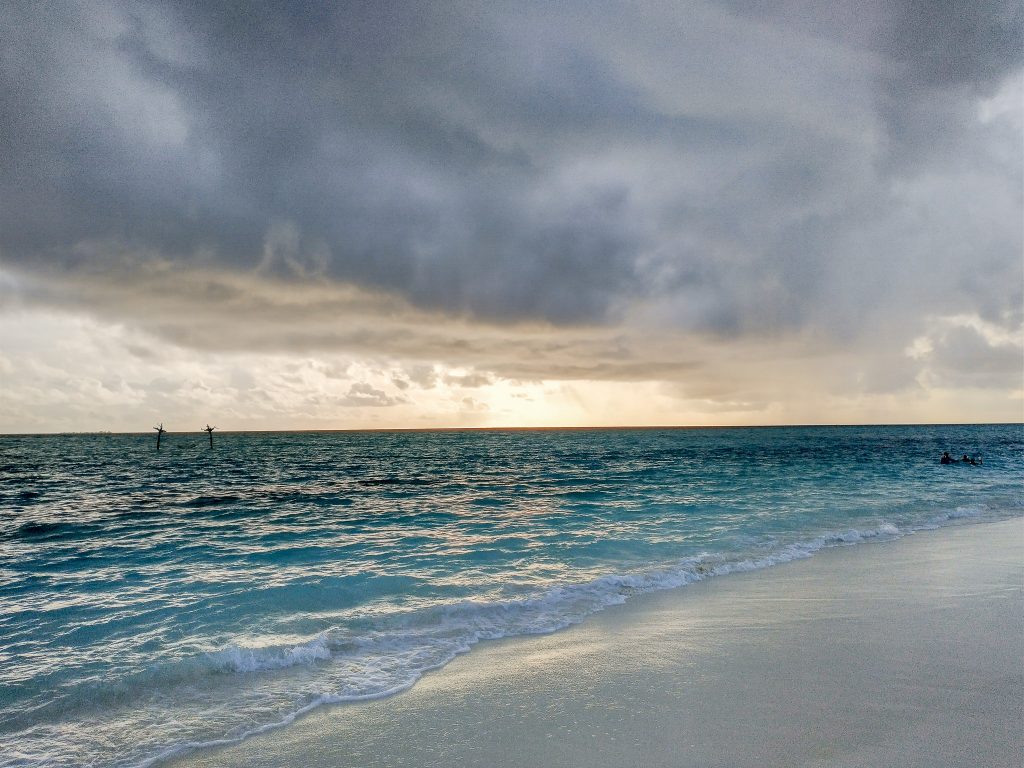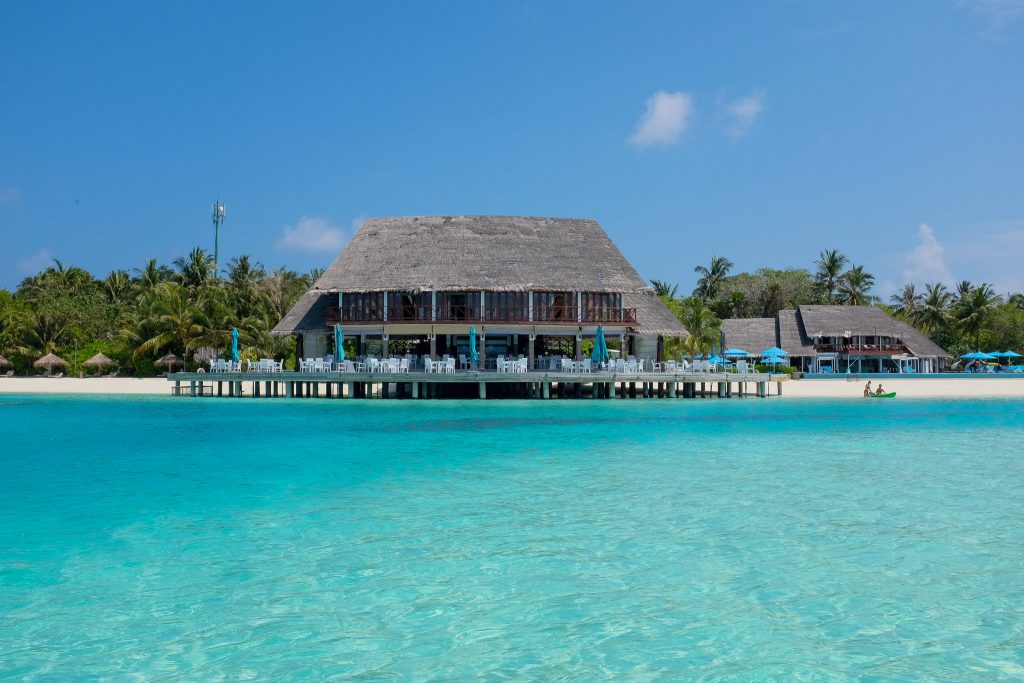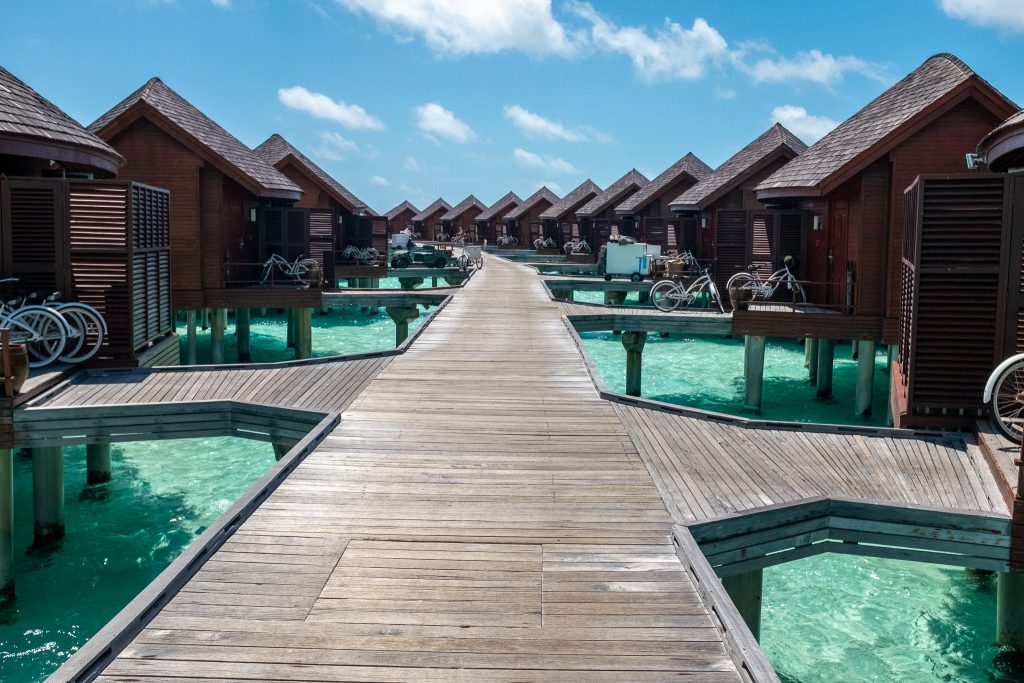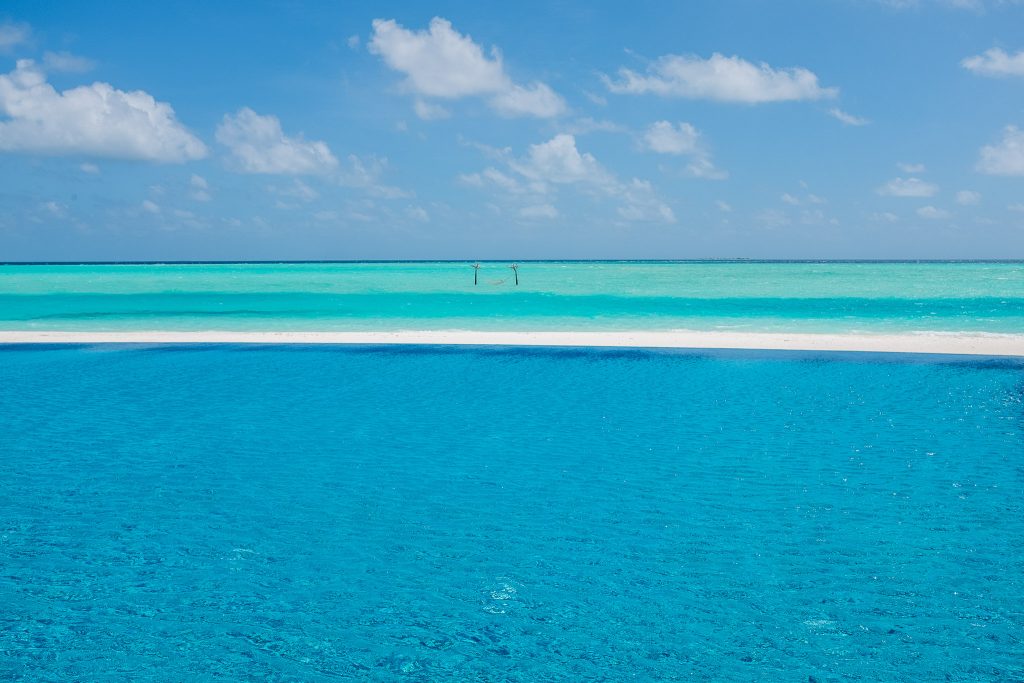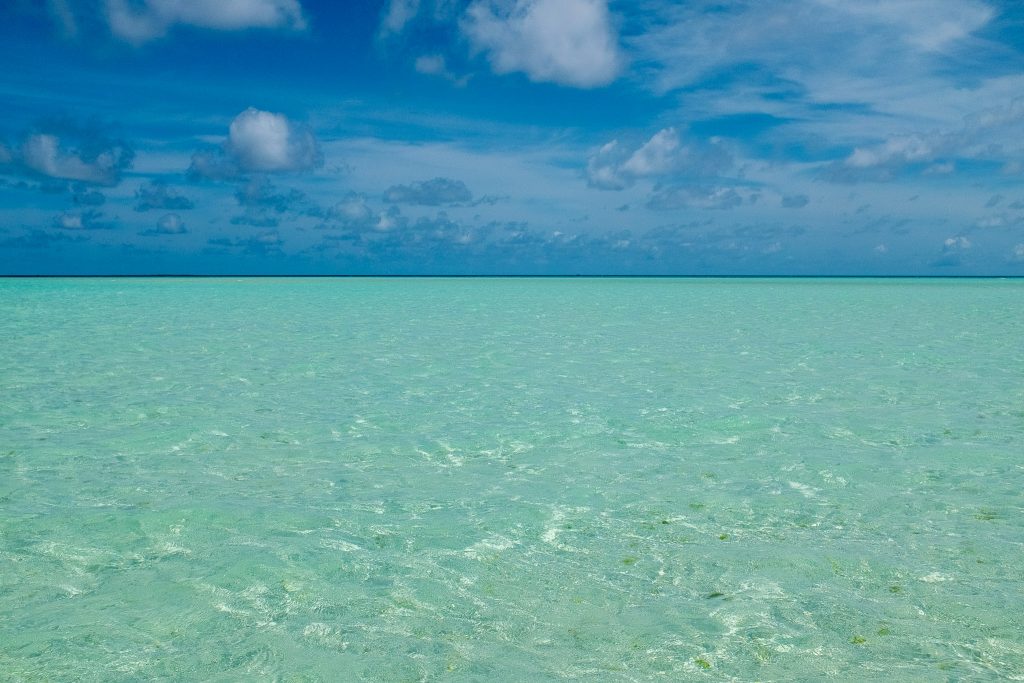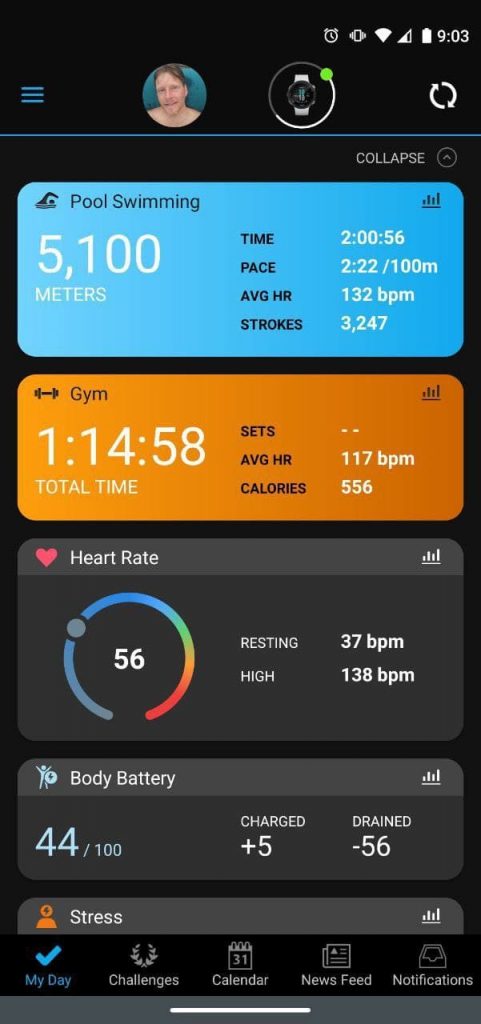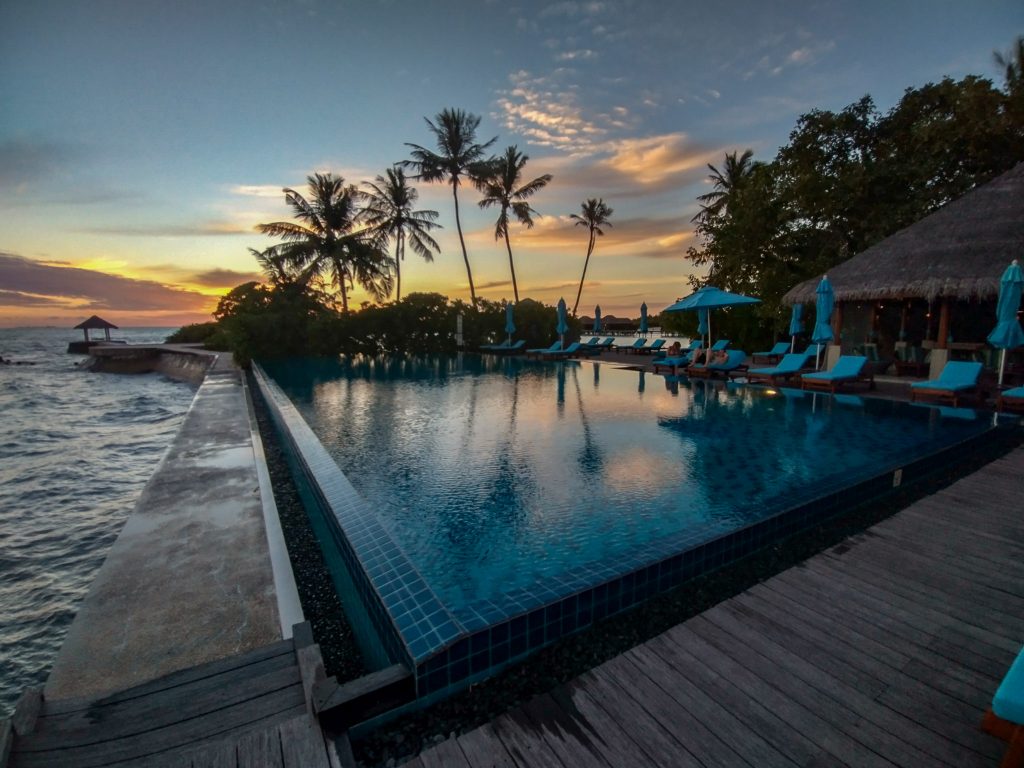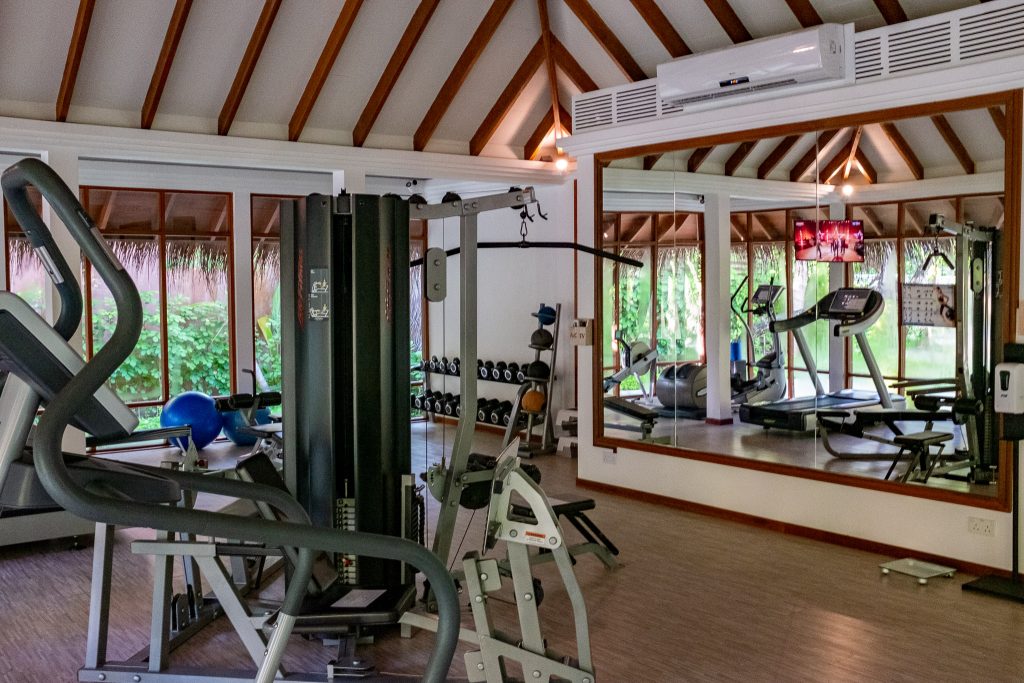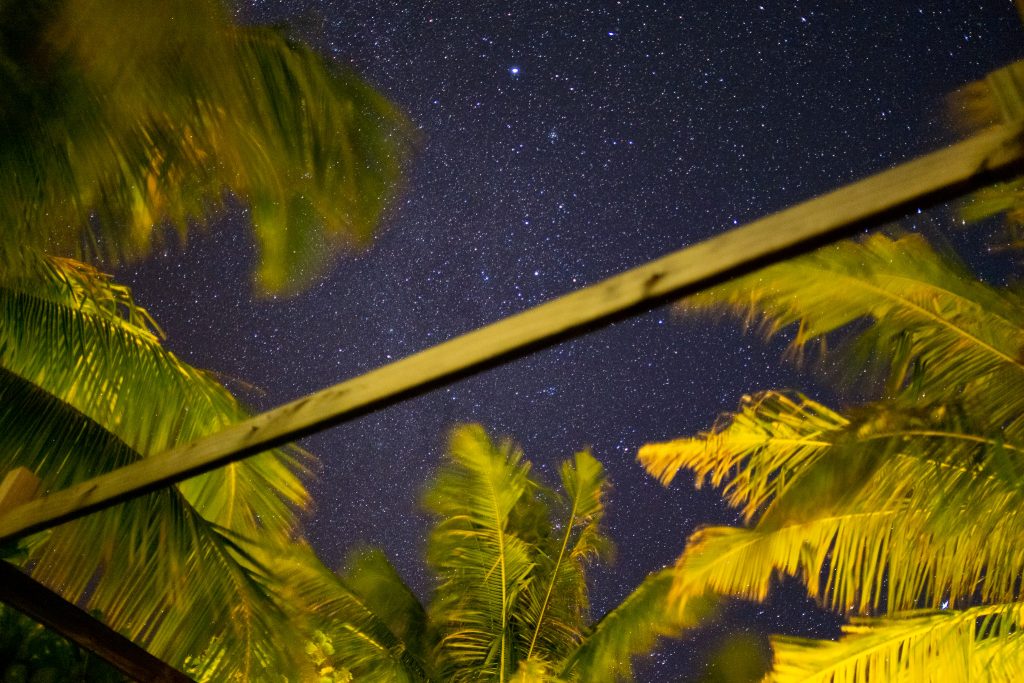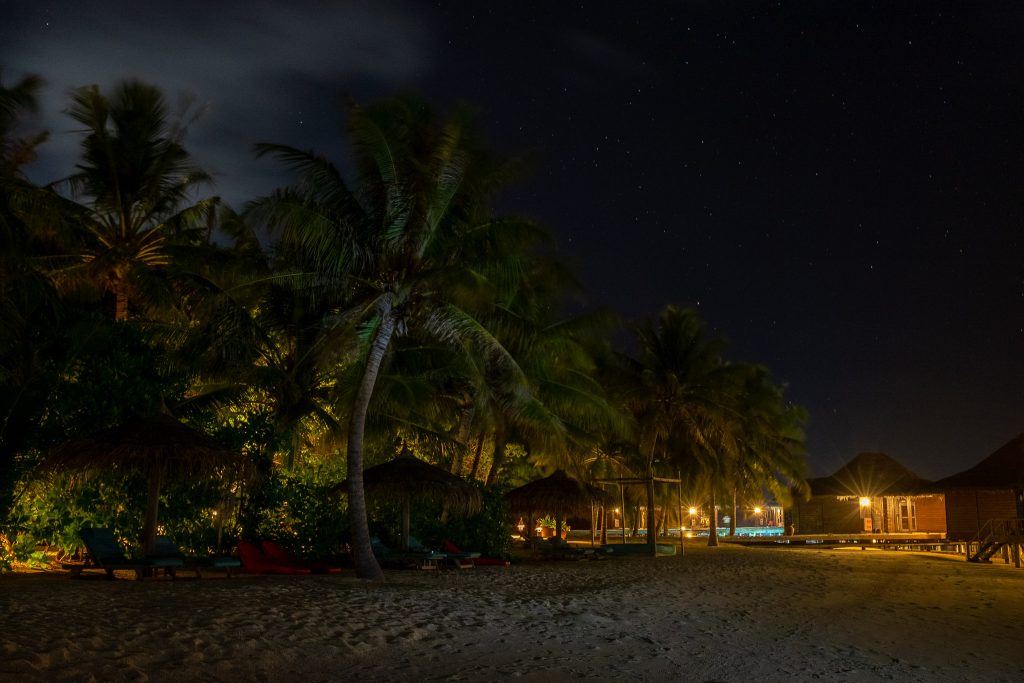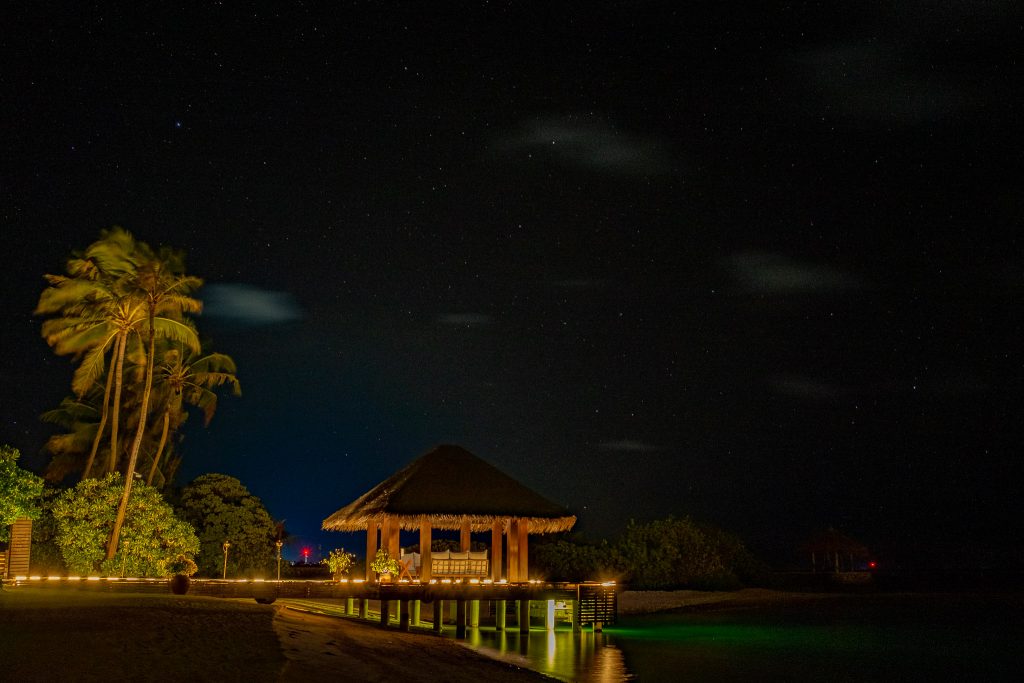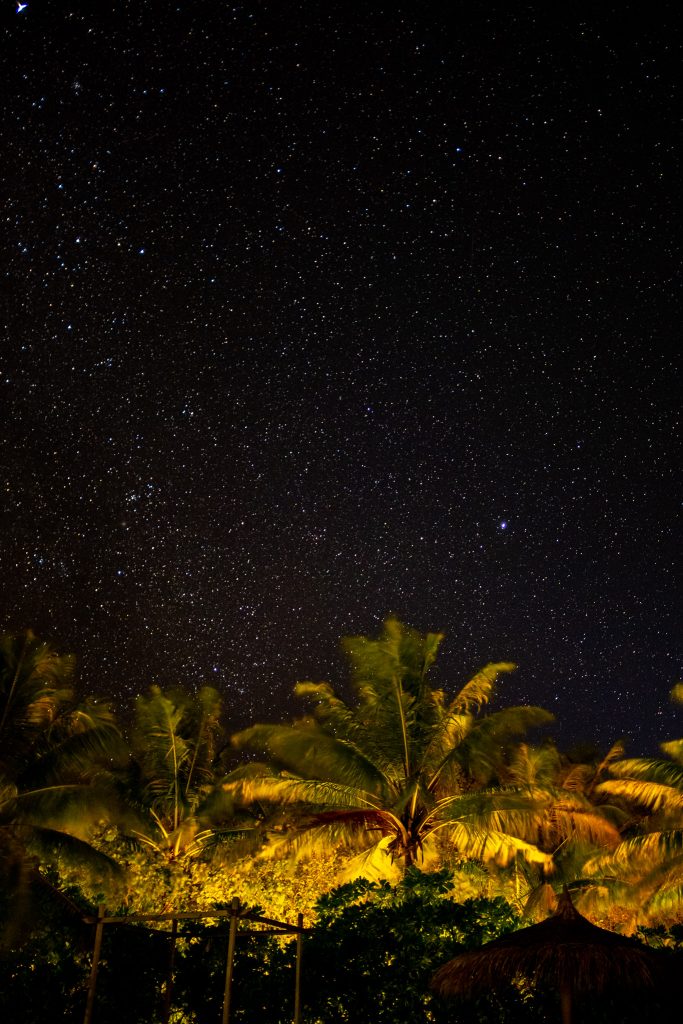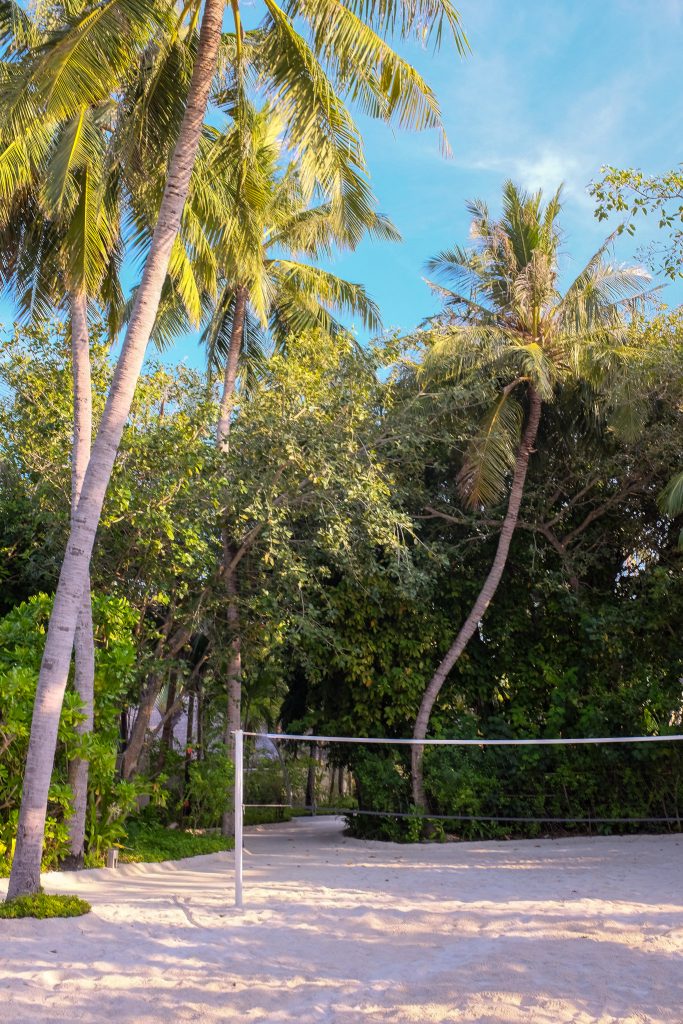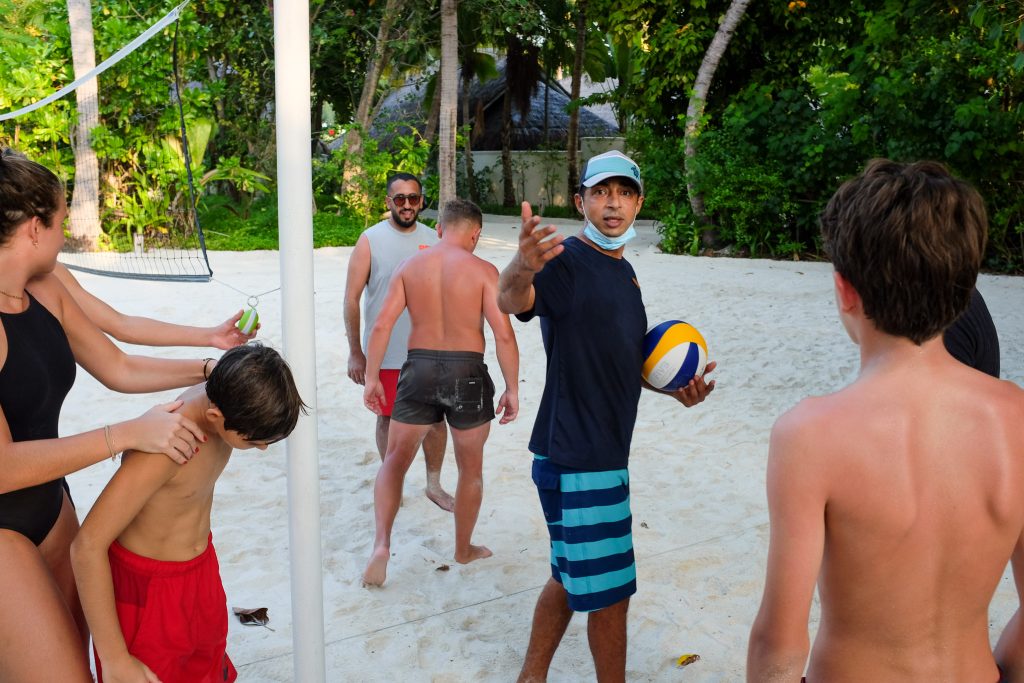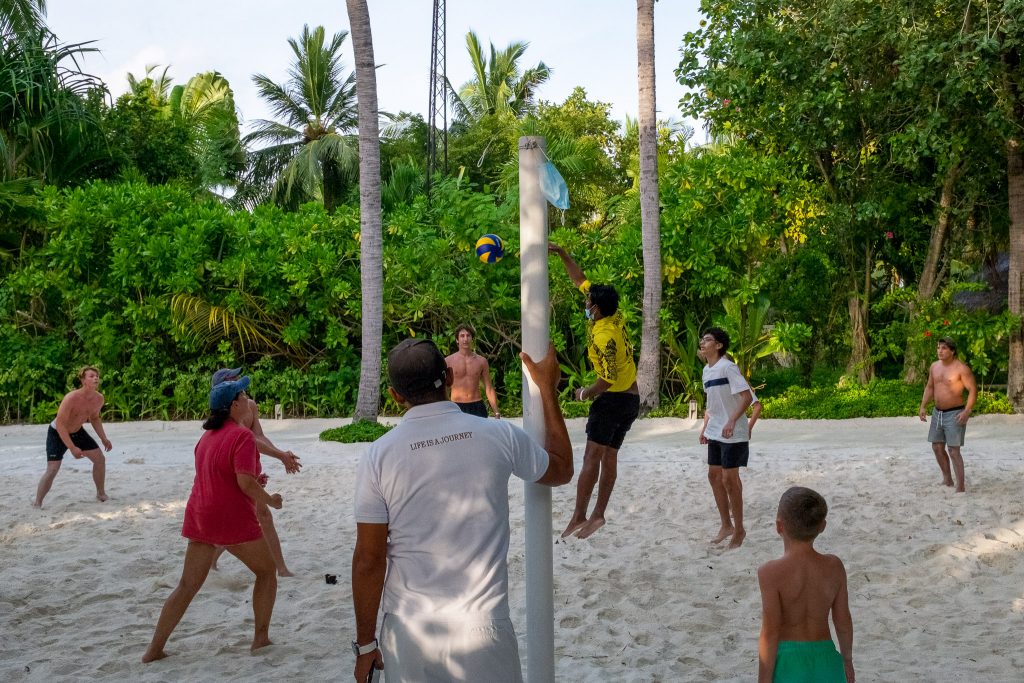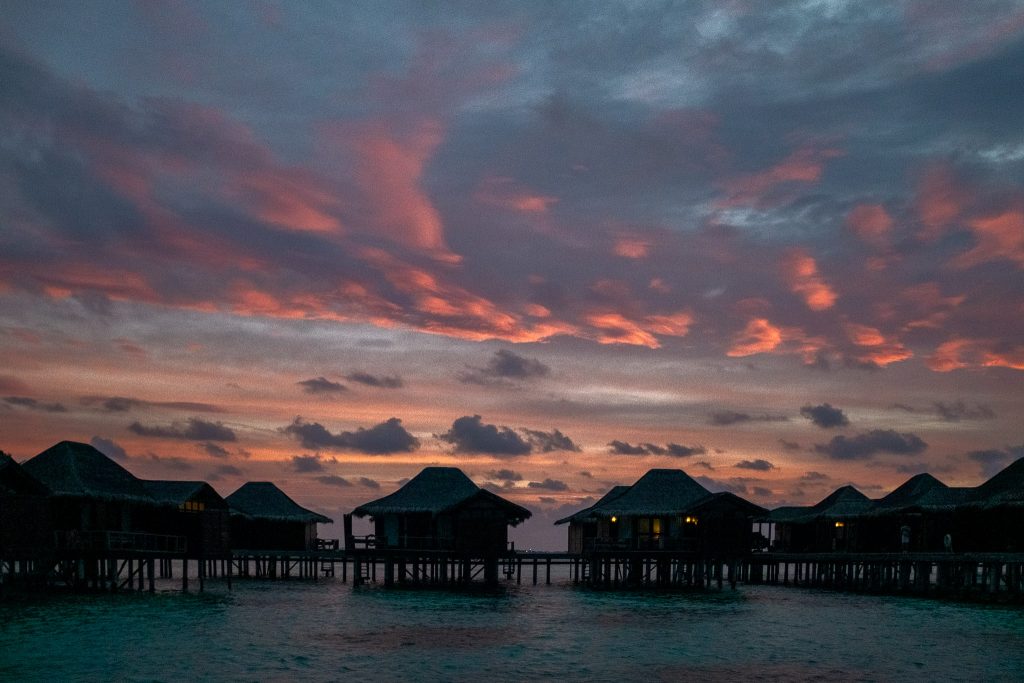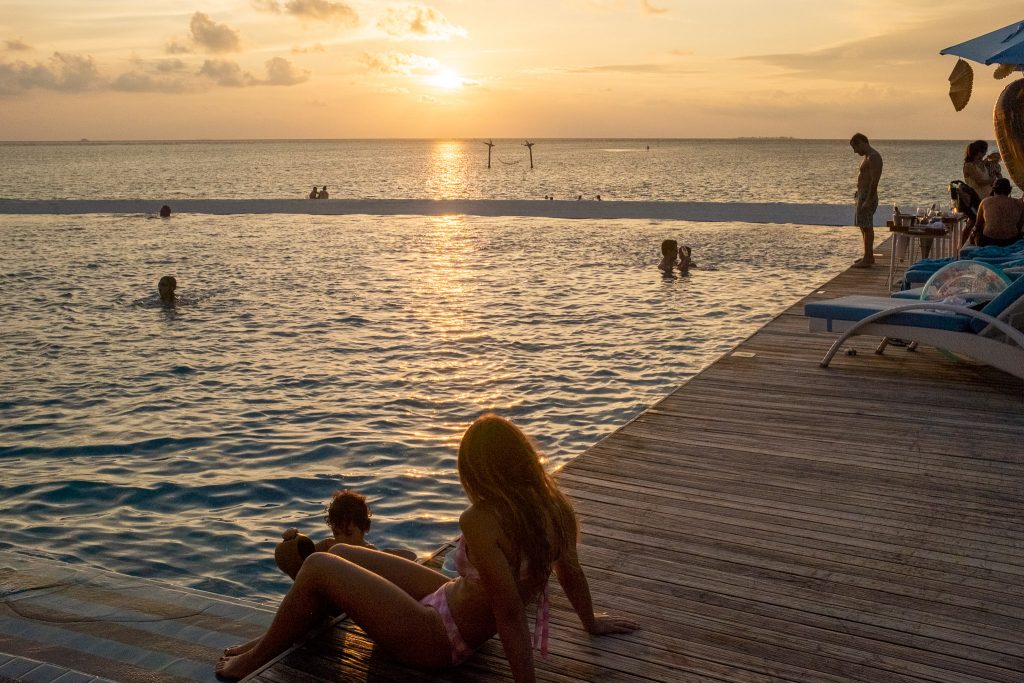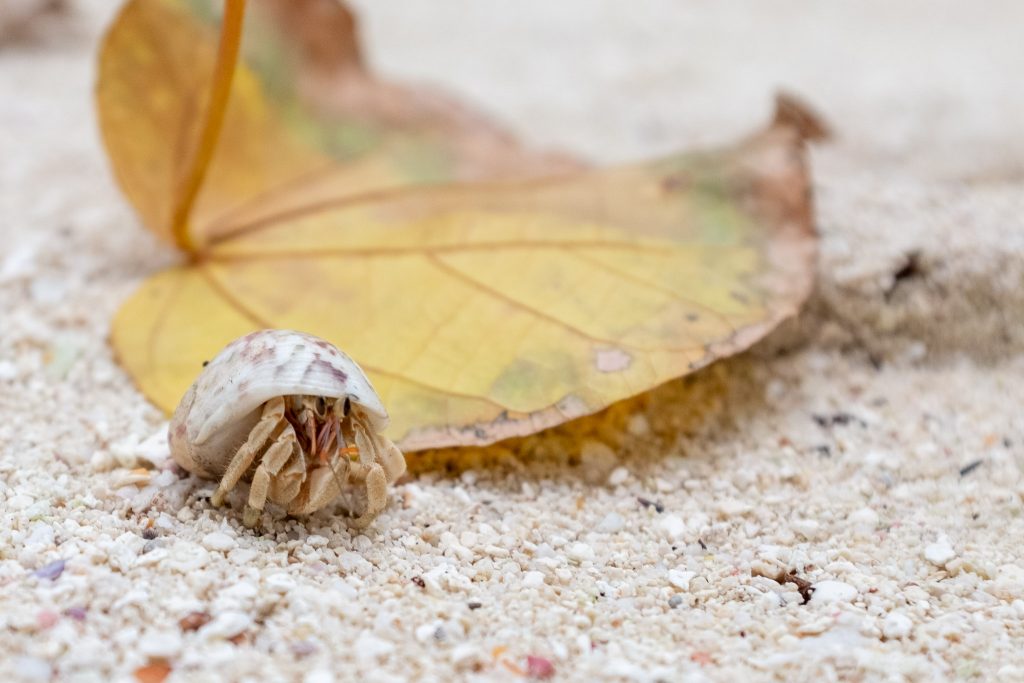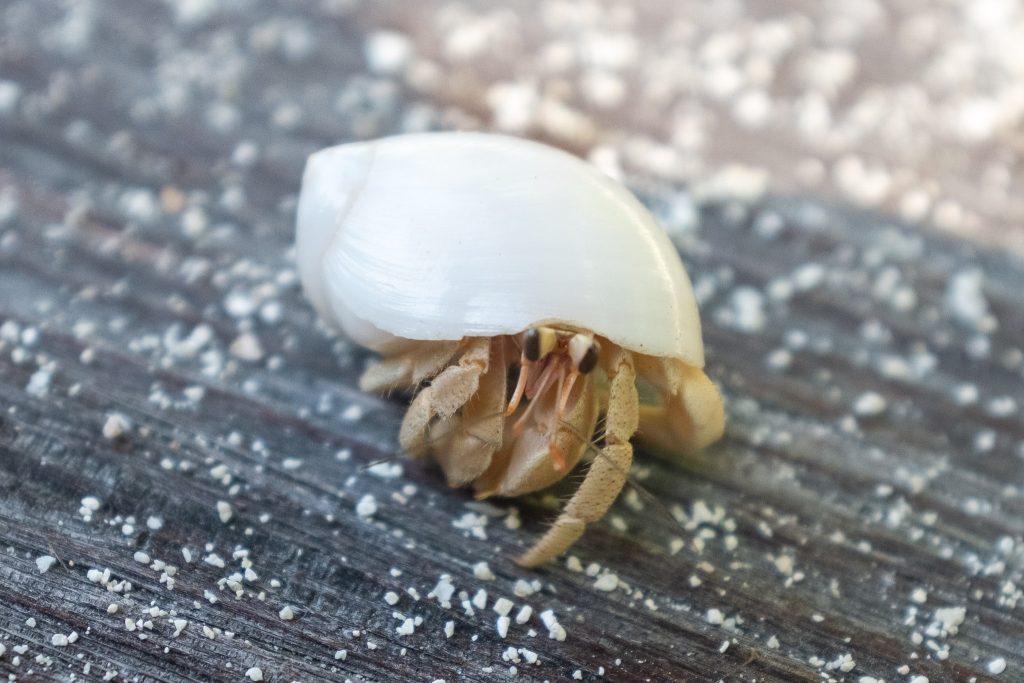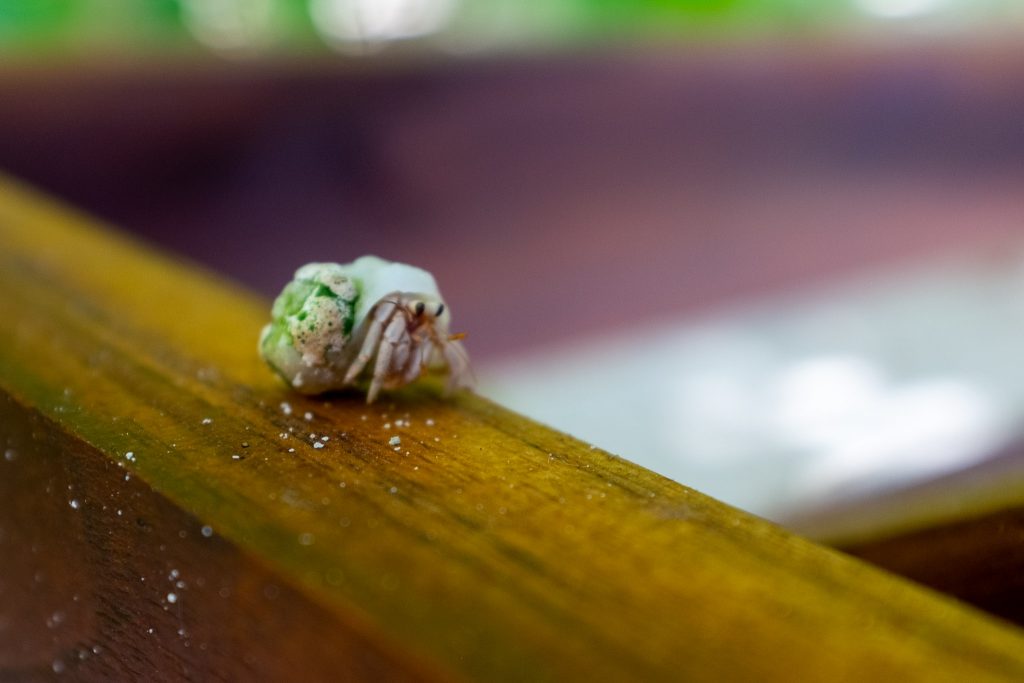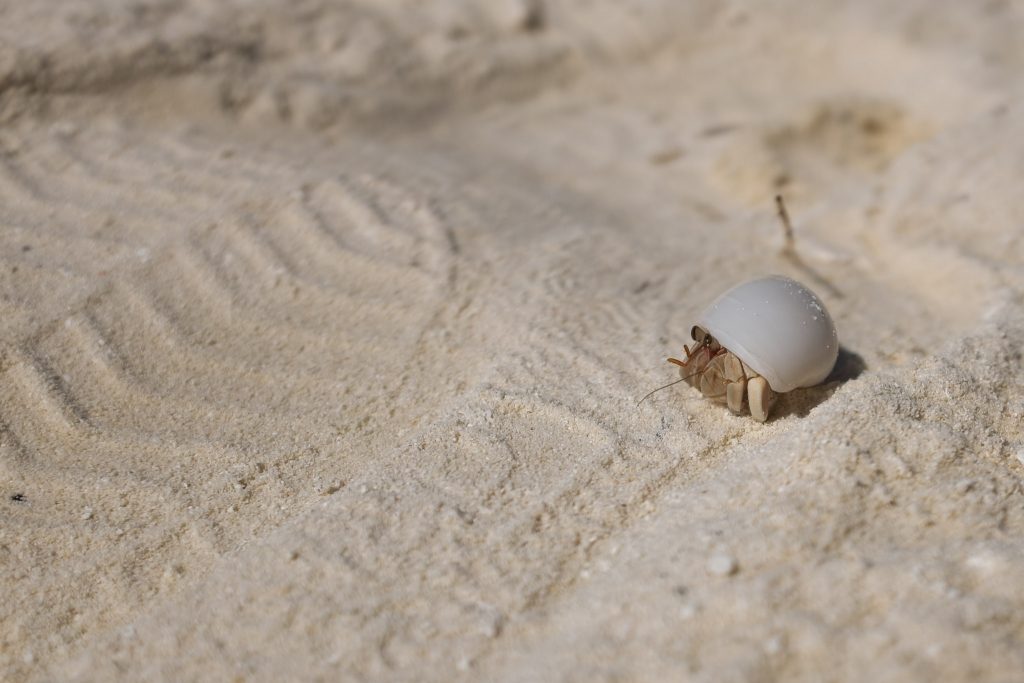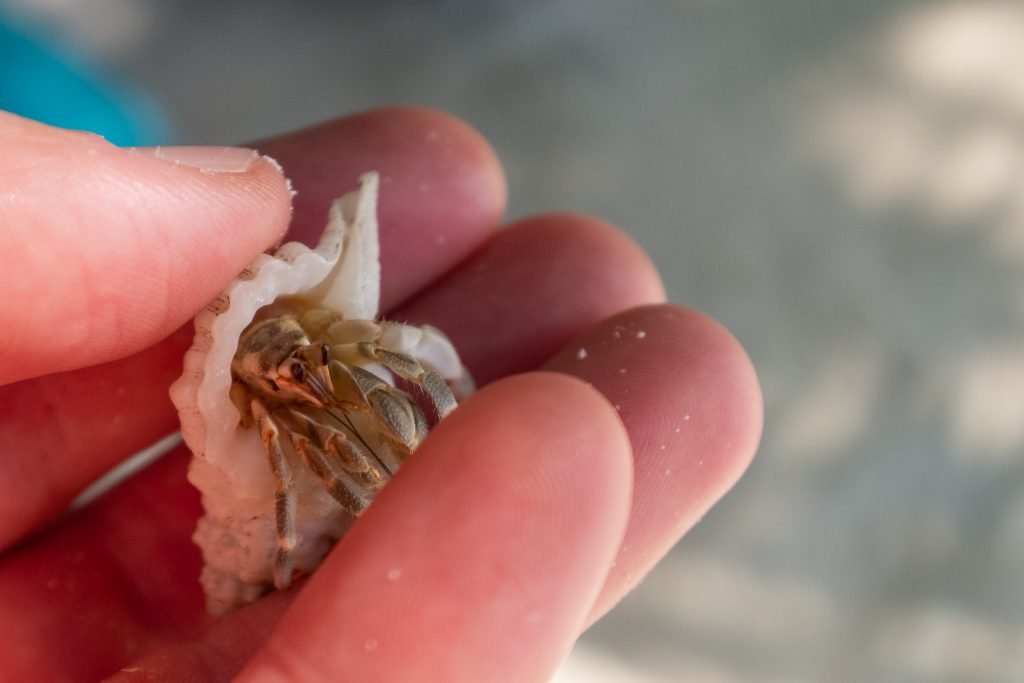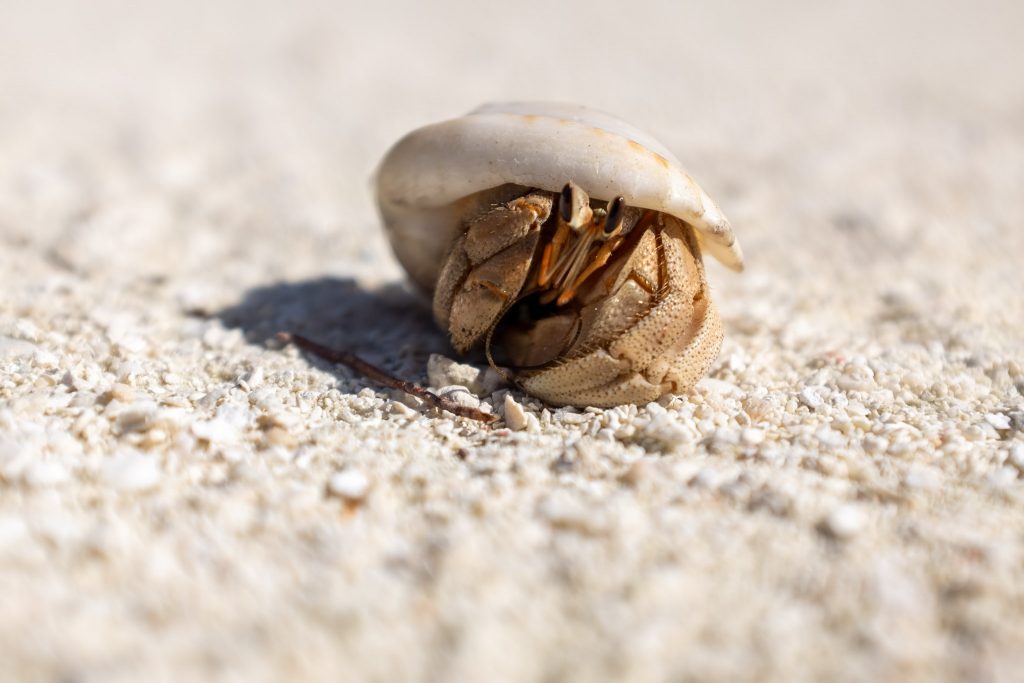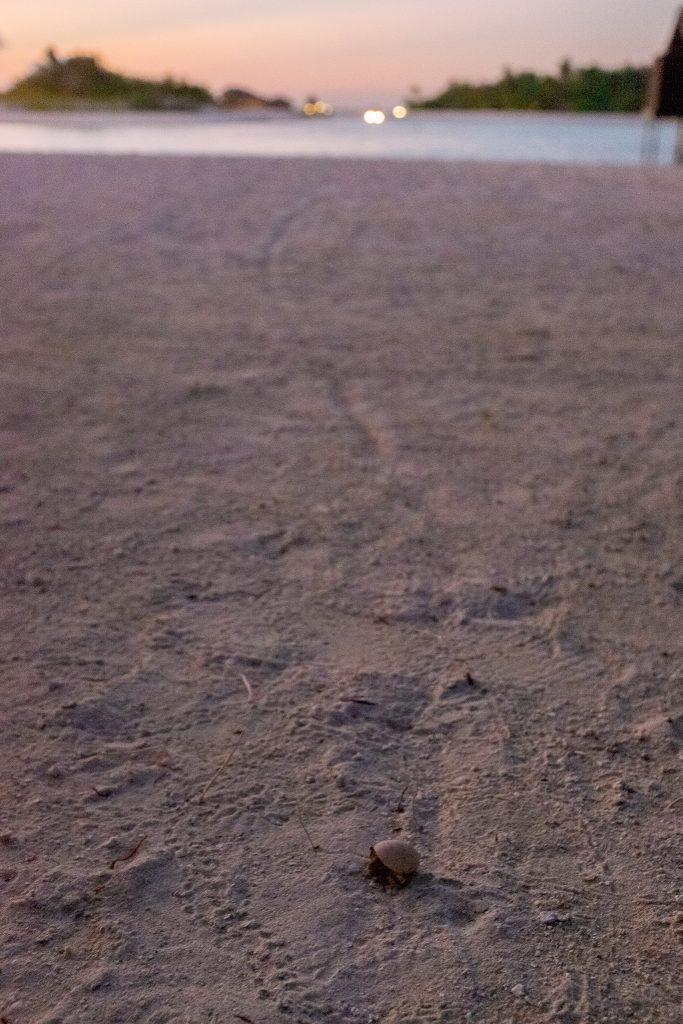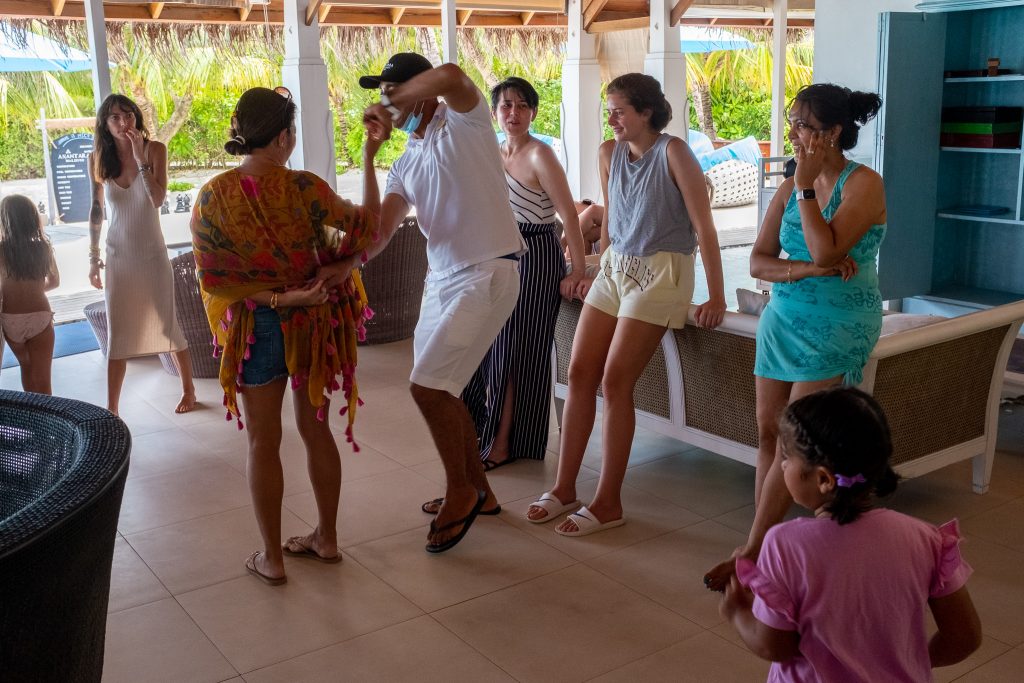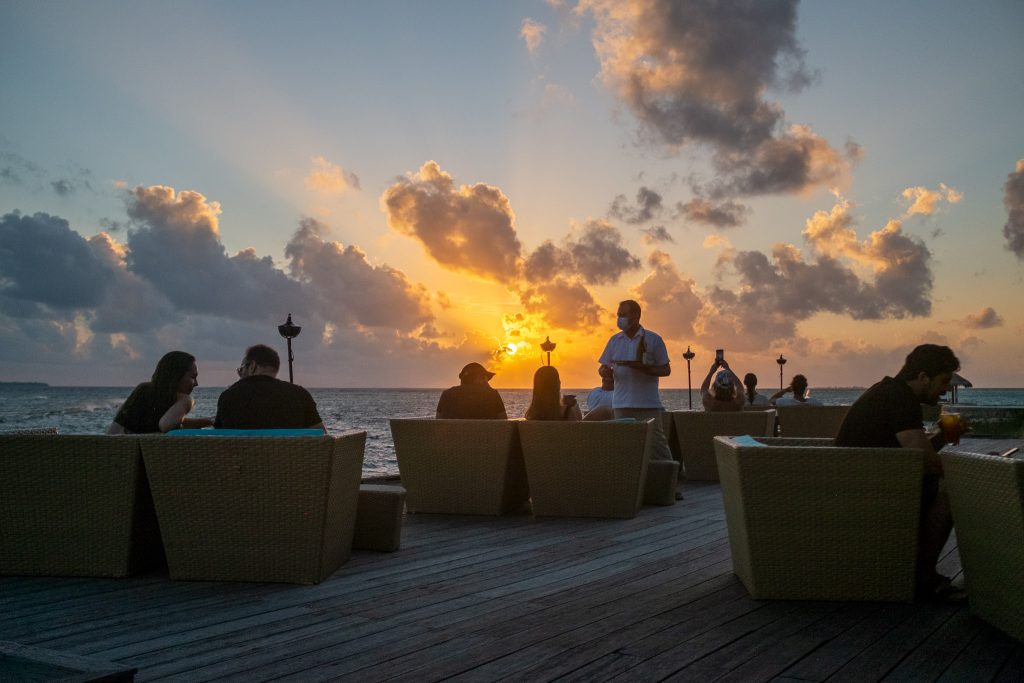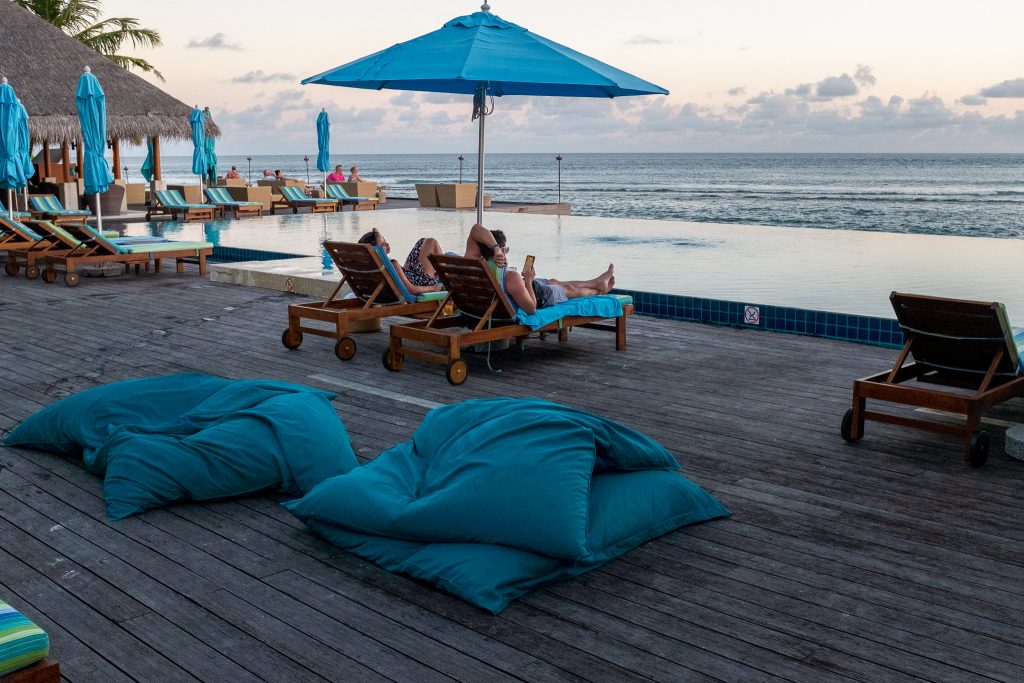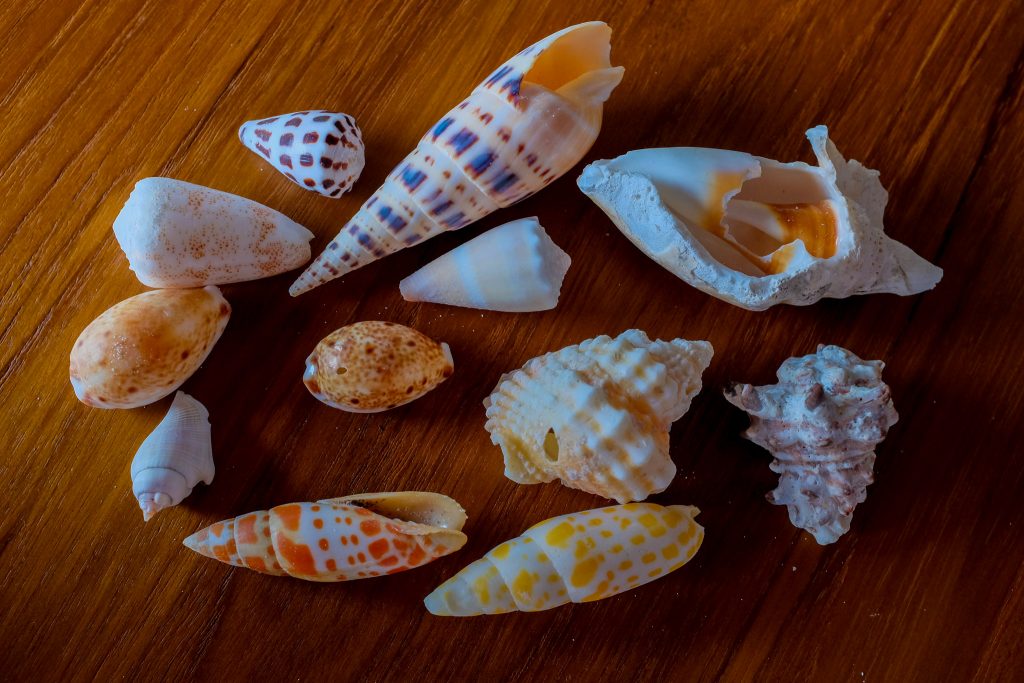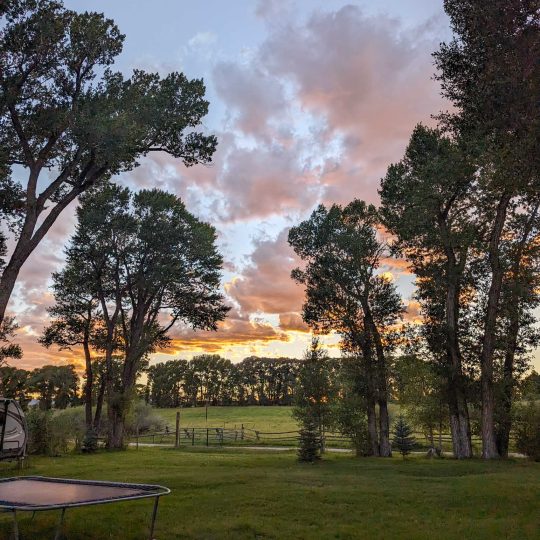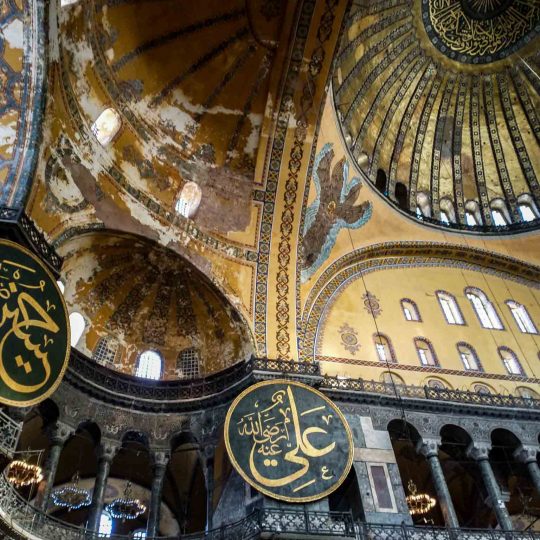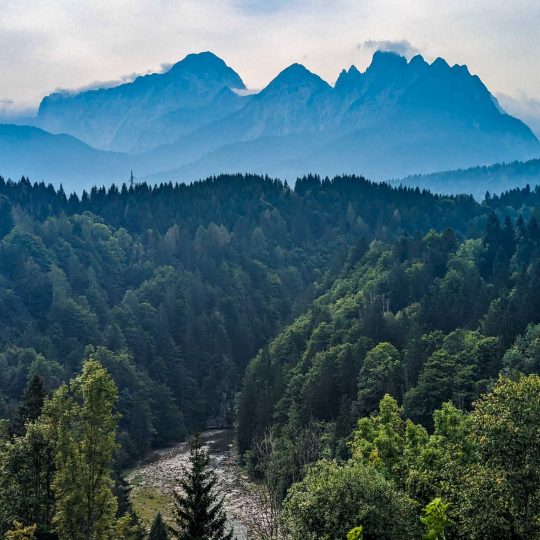This story started the second week of March, 2020 in a Boise, Idaho public library. I arrived from New York City five days before after a week as a tourist. Since that time, news of the Covid-19 virus’ entry to the USA was spreading. New York City was locked down four days after my departure and the country scrambled to define a more cohesive, panicked response. Nearly two years later the world is still scrambling.
Boise was nice and cozy. I made a habit of working from the central public library’s second floor atop a large rectangular table near the stairs. From here people ascending and descending were in my periphery and a low hum of library conversations was a welcome backdrop to otherwise mundane work. I remember one conversation in particular. A librarian was talking on the telephone to a work associate in a different library branch; the library would be closed indefinitely the next day on account of Covid. There went the old normal — my most vivid memory of the beginning of America’s Covid response.
Everyone knows what has followed — government-mandated masks in public places, children prohibited from attending in-person school etc. Reductionist health protocols that do not differentiate obese octogenarians from healthy, young school children, social policies destroying thousands of businesses, the US treasury printing money to incentive people not to work. These were championed as honorable sacrifices by the talking faces of television and political office. By June I was annoyed. By November I was livid – it had been clear for months that the public health strategies were naïve and ineffectual at the cost of liberty and even public health. Beyond Covid, a race and culture war that promulgated in the US 2020 presidential election cycle were noxious. Built atop highly-politicized court cases, protests and riots and injected throughout every media outlet imaginable it was apparent to me that the new normal was much more dangerous for my health than Covid.
As luck would have it, in November, a resort resorts in the small island nation of the Maldives began running a promotion at that time advertising unlimited stays during 2021 for $30,000. The explanation for it I later learned involved Covid’s negative affect on business stifling working capital to drive new renovations. It was also used as a marketing experiment to be carried by a number of worldwide publications in order to increase brand visibility. It had the intended effect — many news and media outlets carried the story as a click-worthy dream about escaping to an island paradise for a year while Covid ate the world.
Watching millions of Americans hypnotized into government-mandated compliance was destroying my soul. I could feel society’s collapse all around me — as a canary in a coalmine. I had to secure this deal and escape to the Maldives. My life depended on it; or so it felt.
A few days of necessitated diligence followed which included watching every Youtube video of the resorts included in the deal, submitting questions to the resort regarding any potential “gotchas” etc. Here’s the basics of what the promotion included:
- Unlimited breakfast
- 25% discount on other meals and services including alcohol
- Over-water bungalow situated at Anantara Veli, an adults-only resort (no kids allowed)
- Access to the sister resort and facilities at Anantara Dighu
- 5 mbps wifi
- 7 restaurants, two bars, two gyms, tennis court, volleyball court, badminton courts x2, swimming pools x2
- Both of these are 5-star resorts with nightly rates $500-$1000 per night depending on season
- Transfer between the capital city, Malé via speed boat when required
Here’s what I determined: while $30,000 might seem expensive, it equated to tremendous value — roughly $85 a night for the 357 days that the offer included (ending December 23, 2021 before the busiest week of the year). I purchased the $30,000 package in mid November, excited for the opportunity to flee the USA’s Covid-restricted nightmare. I was already envisioning a year in the future when I would re-emerge from my island hermitage into a post-Covid world.
I predicted I would be bored after a few months of living on an island; so I didn’t hurry to arrive. Though the package started January 1st, 2021, I planned for a mid-March arrival. And so the next two months were spent preparing for departure and aligning precursor destinations with my Maldives entry (remember Croatia, Bosnia and Sri Lanka?).
When I did finally arrive to the Maldives, I found complete paradise. No shoes, no shirt, no mask, no problem. No propaganda stoking fear and compliance. It was immediately apparent that I had really paid $30,000 for the privilege of living like it was 2010.
I quickly learned to live and operate barefoot and shirtless. I adjusted easily to a one-meal-a-day regimen (breakfast was included in my plan so I saved a lot of money this way) and relished being absolved from everyday chores like grocery shopping and house cleaning. My morning commutes entailed barefoot walks on the beach to my daily chosen spot to setup my laptop. This is the kind of life I want to live.
My first month on the island I lost more than 10 kilograms (which I needed to lose after eating mountains of food in Sri Lanka). The following months I experimented and tracked caloric intake and results. Though normally I eschew bread, consuming a few freshly-baked croissants loaded with butter towards the end of my marathon breakfast was an easy way to fit in extra calories. So too was a fruit danish loaded in butter. And eight pancakes individually padded with butter and maple syrup accompanied by triple helpings of yogurt with honey and blackberries and three glasses of milk. By summer I had found a perfect homeostatic diet to maintain 89 kilograms and a six pack by eating once a day.
The food was great! I had two different brunch restaurants to choose from, 73 Degrees, a traditional table-service restaurant on Veli and Fushi Cafe, an extensive buffet on Dhigu that opened in autumn. Here’s what my standard, once-a-day-meal consisted of for most of the year when I was eating on Veli. The staff knew it by heart and reminded me if I forgot something:
- Beetroot juice with tumeric, ginger, cinnamon and chili pepper
- Water
- Iced decaffeinated coffee
- Smoked mackerel
- Smoked Salmon
- Sushi and tuna, wahoo and salmon sashimi
- Steamed broccoli
- Garden salad
- Six soft boiled eggs
- Chicken fried rice
- Two sides of (pork) bacon
- A chia seed compote of beetroots
- Greek yogurt with black berries
- Greek yogurt with apple
- a daily special depending on what day it was — some days were yucky, my favorite was a caprese sandwich; actually 2-4 capreses
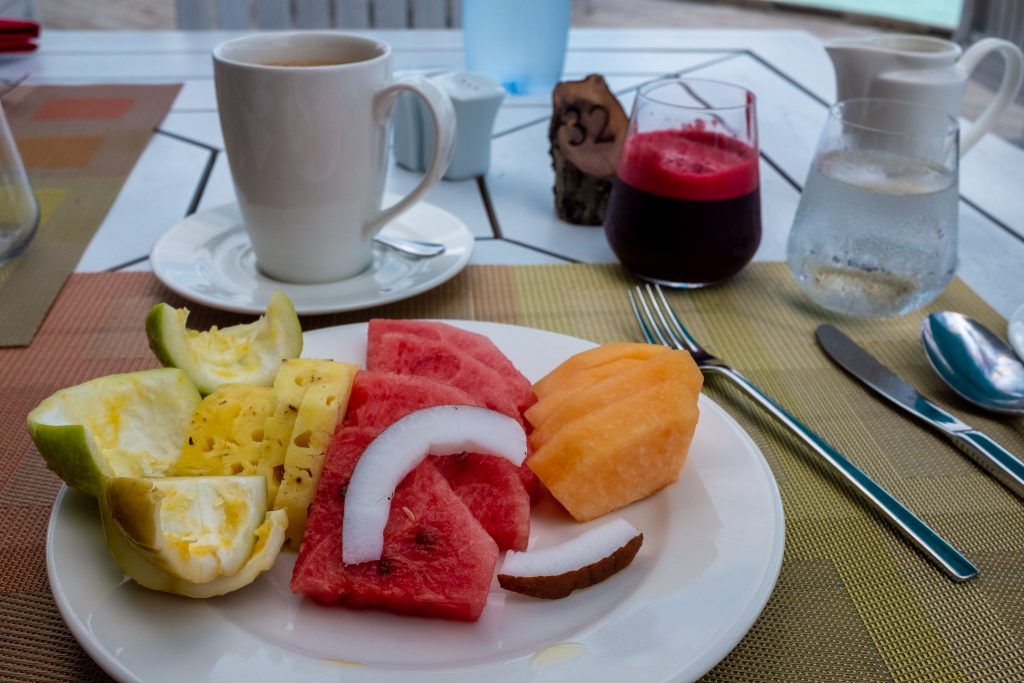
My daily food regimen from Dhigu’s Fushi Cafe was more varied; favorites included chicken and fish curries (with a sundry of super-flavorful Indian sauces to accompany), yogurts with honey, tuna sashimi, dragon fruit and Middle Eastern salads made of onions, beetroot and carrots along with hummus, tahini and other sauces.
There were other other benefits to the resort’s island life. My over-water bungalow sat atop majestic corals affording easy access to the many species fish and animals living among them. I ritualized my morning fitness routine to include a gym session, 7:30 AM group yoga class followed by lap swimming in the pool and then a fun swim in the ocean peering at fish — I didn’t always manage to do all four before breakfast, but when I did I called it “hitting for the cycle” (an American baseball term). I think anyone would be hard-pressed to design a more idyllic health and fitness routine for a 41 year old male.
I planned to use my isolation on the island to focus on learning new things. I left my previous job in April and turned my focus to upskilling for the remainder of the year. The goal was to support transition for the next stage of my career while removing me from the chaos of the outside world.
With few distractions and without the overhead of full-time work, I had an optimal runway for upskilling in technology certifications for my industry and also taking remote classes. I was fortunate to have chanced upon a year-long CTO course offered through the University of California at Berkeley’s Haas School of Business. The course had originally been designed for in-person, on-campus class but flexed because of Covid to use an online platform (very effectively). Three and a half hour live lecture sessions each week bundled along with professional networking with my peers and weekly assignments. The program concludes in April 2022 and has been an ideal addition to my “University of the Maldives” curriculum (in addition to photography, swimming, volleyball and self-paced learning). Beyond that it’s helped expand my professional network while I’ve been marooned here in the Maldives. I can declare this strategy so far effective — In 2020 I earned 8 technical certifications and read 15 books.
So even though I wasn’t working conventionally after I arrived into the Maldives, I continued working full-time hours studying for technical exams, certifications and doing work for my Haas courses. Each morning I setup my laptop in a workspace overlooking the ocean from one of the pool-side bars of Anantara Veli or Anantara Dhigu, the two sister resorts 200 meters apart that were included in my package. Of course I had every opportunity to take swim breaks in the ocean, play volleyball and read books beneath the shade of the coconut palms along the white sand beaches; however the onus of obligatory improvement to attain my goals was always lurking as a dreadful motivation.
The resort that I lived on, Anantara Veli, is adults only and predominantly couples and honeymooners. It is relaxed and chill because people its guests choose it for this purpose and also because there are no kids. A great side effect of this is that gym and swimming pool are usually vacant, especially in the low season (May-October). This meant I usually had the swimming pool all to myself for morning and afternoon swims. Especially during the off-season during the summer months, it felt like I had my own private gym, my own private swimming pool, and my own private resort in the Maldives! Veli has four restaurants spread across it, all excellent — Japanese, Italian, Thai and a restaurant bar/pub. Veli will be closed in Spring of 2022 to undergo a renovations refresh in order to build and re-build new and existing facilities. As I learned in Bora Bora, often the distinguishing factor people use to choose a resort destination is which was most-recently renovated; as such resorts regularly undergo sustaining refreshes to keep themselves at the top of the list. After spending a year living on Veli, of course I am very curious to see what changes will be made!
The other sister resort I had access to, Anantara Dhigu, is larger and designed for families. Only a 200 meter ferry boat ride away from Veli (or a swim!), Dhigu has additional activities and facilities to complement Veli. A pool of its own along with a volleyball court and multiple activity centers for scuba diving, excursions to swim with sharks and do watersports like wind surfing, kite surfing and fishing. Also three additional restaurants: a seafood & steak restaurant, a pool restaurant/bar and an international buffet. Dhigu is much more active compared to Veli, with friends and family lounging pool-side and shouting, wet kids often seem running to and fro. I came here work when I wanted to have people in my periphery. A background hum of languages you can’t understand is a pleasant white-noise, and typically preferable to silence. Other months when the nature of my study and learning involved intense concentration, I would work from Veli to avoid distractions and the shouting, wet kids.
There is a third resort two hundred meters from Veli and Dhigu, Anantara Naladhu, which is the super-luxury resort of the Anantara brand in the Maldives. Prices are around $2,500 per night and unlike Dhigu, my package didn’t include access to the facilities or amenities over there. As such I never even set foot onto Naladhu while I was there but I loved asking my friends on the staff all about it. Each villa there comes with a private butler (like I had in Sri Lanka) and the restaurant there, called The Living Room, is open 24 hours a day and doesn’t have a menu — you just tell them what you want to eat and they will cook it for you. Naladhu was closed for 6 month of 2021 to undergo renovations and re-opened in October.
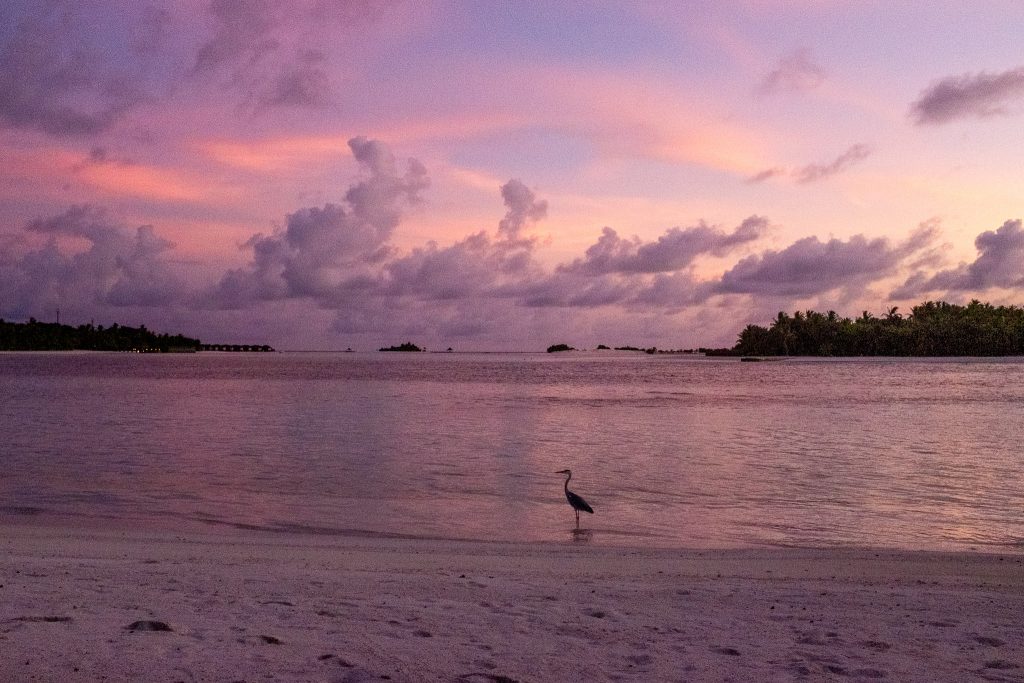
I found myself swimming each day to track my times and distance using a sport watch I had purchased before my trip for that purpose. Soon I was swimming aggressively to improve my times, form and distance. My daily routine entailed going to the gym and then immediately for a 24 hour fasted swim before breakfast. By summer I was also doing longer swims each afternoon. I peaked at over 8 miles in a single week and one of my proudest achievements this year came in swimming 5100 meters while having fasted for 24 hours and going to the gym first. That morning for some reason and despite eating the same regimen as always, getting the same amount of sleep and with no other perceivable variables affected, I felt like I could swim forever. So I kept going and going until it felt like I was atrophying myself in the process (which no doubt I was).
In addition to doing laps in a conventional pool, it became a habit in the morning before showering and going to breakfast to to grab my goggles, exit onto the deck on the back of my bungalow and walk down a small staircase to enter the ocean. With my GoPro camera in tow, I role-played a younger Jacques Cousteau, peeking around every coral nesting looking for interesting creatures, of which there were many. I made a habit of visiting the numerous octopuses who nested within 15 meters of my bungalow, hoping each day to gain their trust and that they would befriend me. I did succeed, somewhat.
Initially upon seeing me, the octopuses receded deep into their nests (think a bird nest, but made of dead corals manually arranged) that had an accompanying underground cavern. Subsequently, they didn’t and allowed me to draw near, within an arm’s length. One day I ventured to pet my favorite octopus, who lived directly across from my bungalow’s short stair-cased ladder, 10 meters away. His wet skin was incredibly soft and smooth, and as I puzzled to classify the sensation and texture, I felt tiny, suction-cupped tentacles touching my finger in return. A surprising sensation, I reflexively jerked back my hand and in the process alarmed my would-be octopus friend; he receded immediately into his sunken cavern. I suppose I offended him because after that he refused my future attempts for a tête-à-tête. Lesson learned: when you touch an octopus, don’t be surprised when he touches you back.
A favorite daily activity was playing volleyball each afternoon at 4:30 on Anantara Dhigu. My buddy Joker, who works for the resort as an activity coordinator, recruits other guests by going table-to table at breakfast each morning. Each week various combinations of skills, geographies and languages are represented on a world-class Volleyball stage. Families, couples on honeymoon, teenagers from Saudi Arabia, French dads of young children who wanted to escape from their lives for a while, middle-aged Spanish women and former Russian professional players comprised rag-tag teams that reformed each day. Fierce rivalries developed between longer-duration residents loosely matching international relations. Team volleyball is a sport that people can improve at very rapidly, especially when playing with the same people regularly. Once the competence of receiving serves and setting teammates is developed, everyone has a lot more fun.
The sand volleyball court is encircled by tall, slouching coconut trees. Protected from wind and shaded from sun, it is ideally situated, picturesque and secluded. The type of venue that you would imagine appearing on an professional volleyball circuit or as a selectable level in a competitive video game. Nearing dusk, the giant fruit bats emerge from the tree tops, swooping over the court with three foot wingspans. Sounds of various birds accompany spectators, who passing, pause to to watch a play or two before continuing on. Our games concluded just before sunset, giving time for the two-minute walk to the nearby west shore of Dhigu in time to watch a colorful display of clouds and light over the water.
Some favorite volleyball memories came in July when a family from Italy visited for three weeks. The patriarch of the family is a doctor, who burned out from treating Covid patients for the previous 18 months without a vacation, booked his family on Dhigu for a month. His eight-year-old young son, Mickey, who doesn’t speak English, but is skilled at expressing his emotions and communicating with cartoonesque, million-words-per-minute Italian emphasized with stereotypical gesticulations. About 4.5 feet high, Mickey’s daily outfit entailed a speedo swimsuit whose edging belied stark contrast between his macchiato tan and the lighter natural color, beneath. His mini-belly alluded and foreshadowed his own father’s (who also wore a speedo).
During one of our volleyball games, a formerly-competitive Russian player, spiked the ball about as hard as possible into Mickey’s dad’s face. The Doctor was out of action for about five minutes extracting sand from his eye while Mickey gave offending player, twice his size, an earful of machine-gun Italian and accompanying hand gestures formally announcing that his behavior was out of line. In such a way, the volleyball court came to represent to me a sort of socio-political microcosm of international politics.
There is a variety of wildlife on the island that made even routine walks from place to place seem adventurous. Small geckos, larger lizards, a variety of birds and my favorites, the hermit crabs scattered across everywhere there is sand. Hermit crabs are surprisingly fascinating animals. The come in all sizes and shapes as do their shell houses. From the size of your fingernail to the size of a large man’s fist. Each hermit crab has adventured to select an individually-fitting shell that must be replaced several times throughout its lifetime. At sunset along the beach, hermit crabs congregate into small groups where they seem to just hang out with each other. If you pick up a hermit crab and hold him for a moment, the reaction is seemingly random, but I believe predicated on individual personalities tied to each. Some hermit crabs are very shy and will stay hidden inside their shell seemingly indefinitely, aware that they are being examined. Others will immediately attempt to free themselves from your grasp by using their tiny pincers to squeeze you into submission. Still others have a delay period preceding attempts to aggressively gain freedom. Similar, individual behaviors are witnessed in their interactions with one another and when discovering humans lounging on the beach. A discarded fruit cocktail or desert, abandoned by a guest alongside a shaded reclining chair affords opportunities for a hermit crab fiesta; they somehow sense the nectar and fruit garnishes from great distances away and congregate for shared feasting.
A colorful aspect to my island life entailed meeting the many families, couples and individuals who visited the resorts on vacation during my stay. While I working during the day from the Veli resort, I was surrounded by couples on honeymoon. As such I respected their privacy and didn’t interject myself into their privacy to make new friends. Nevertheless people would see me and my laptop, overlooking azure waters in the middle of paradise and ask me what I was doing. In this way I met and became friends with many people from around the world including Barcelona, Madrid, Vienna, Moscow, Brazil and other places around the world. They assured me that I was living right, while I could which helped give perspective and reinforcement to the year’s operational strategy.
When I worked from the bar on Dhigu, where most guests are families, it was easy to meet new people. Typically I would work with my laptop atop the corner of the bar and use it as a standing desk as the only available outlet around was here, below the cigar display. I must admit that it was often a distracting place to work — people would stop to say hello, inquire about my setup and air-hockey pucks and billiards balls would fall from the floor above on a regular cadence. At 11:30 activities like Salsa dancing, water polo or water aerobics would begin and I would be employed to join. Uprooting my thoughts that were deep in code or learning to have a conversation was distracting, but also a welcome respite from being so often head-down in my own work. In fact that periphery of chaos was a welcome backdrop and served as a lively contrast. Had I not made an effort to vary my daily working locations regularly for the sake of change, I ran the risk of getting bored or stuck in a routine of the familiar.
I took a break from editing and posting photos during my time in the Maldives. Though I carried my camera in the same backpack as my computer and I was taking photos when the opportunities presented themselves (sunsets, marine animals, scenic palms waving in the morning breeze), I wanted to focus myself more on enjoying my environment than documenting it. I will say that in the later months that priority changed as the anticipation of my departure accelerated awareness and dread that all good things must come to an end. I know there will be a day when I remember my time here in an island paradise and ask myself “Why did you spend so much time working from your computer?” Had I really made the most of my time on a luxury resort in the Maldives or would future Reid chastise me for working too hard?
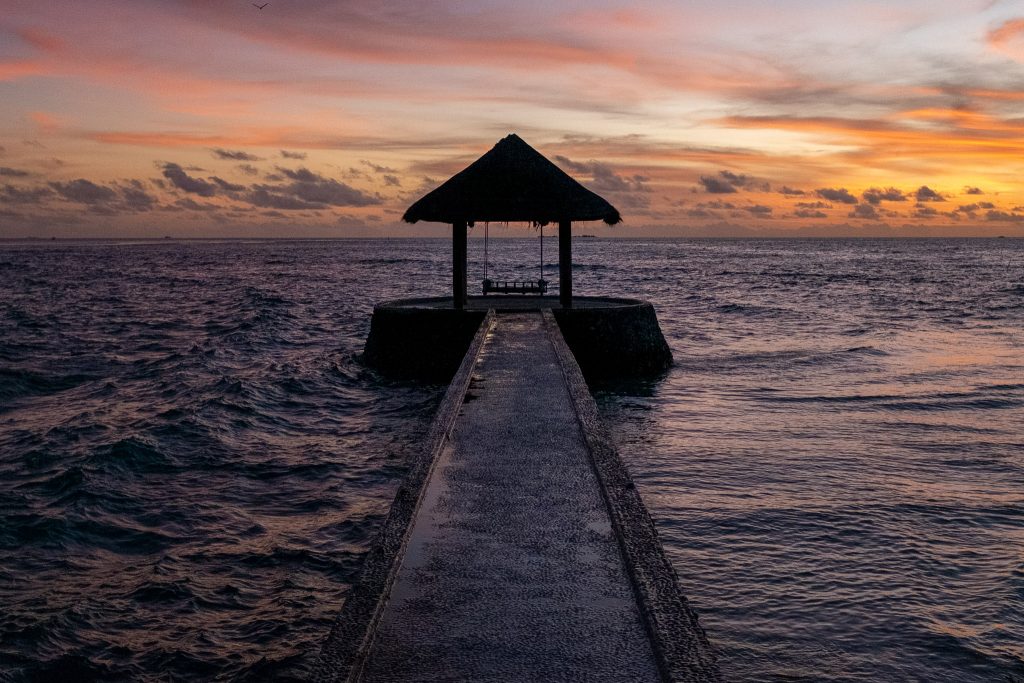
I’ll allow a future version of myself to pass judgement of my strategy this past year when that time comes. I will say that my general guiding policy of steadily improving myself and being mindful to increase future opportunities for regret has generally served me well thus far; so at least I will have an alibi as advocate in my defense if ever I stand trial for squandering an opportunity to ignore responsibility for a year.
Make no mistake, the past 9 months living in the Maldives has surpassed any expectation I could have set. As I finally re-emerge from my hermitage in paradise I rediscover a chaotic world more dysfunctional than I left it nearly a year ago.
